Thomas Mulcair, leader of the NDP and official opposition, arrived in Iqaluit yesterday, along with Romeo Saganash, MP and Deputy Critic for Intergovernmental Aboriginal Affairs with the NDP. As part of their cross-country listening tour, Mulcair and Saganash held a town hall at the Francophone Centre.
By 19:00, the Francophone Centre was packed with people, many left standing around the edges because all the seats were taken. As I glanced around the crowded room, I noted the age and ethnic diversity, the flecks of orange on bags and tshirts, and the warm, welcoming environment. What I really noticed, though, was what was missing: there was no militant security detail, no media fanfare or entourage. In fact, it seemed only local media stood behind the cameras and microphones, jotting down notes and nodding along with the rest of us.
What followed was an informal Q&A between Mulcair, Saganash, and the audience. Moderated by the multilingual Laakuluk Williamson Bathory, the evening’s conversations took place in a mix of English, French, Inuktitut, and Cree. Saganash and Mulcair stood in the spotlight, fielding questions about topics like economic development, social policy, electoral reform, and language laws. Here are a few of their responses:
On seismic testing: Mulcair stated that “the science should be allowed to prevail” and noted that he had imposed a moratorium on seismic testing in the Gulf of St. Lawrence in 2004, when he was Quebec’s Minister of the Environment. He expressed his disappointment that the North has become “the world’s laboratory for climate change” and vowed not to continue that trend.
On food insecurity in the North: Recalling Federal Minister James Moore’s comment that it is not the Federal government’s job to “feed my neighbour’s child,” Mulcair responded by saying, “I think it is my responsibility if my neighbour’s child doesn’t have enough to eat.”
On child welfare and social determinants of health: Mulcair’s NDP is focused on the relation between social settings and outcomes. For this reason, if elected, an NDP government will implement a National Childcare Program – and Mulcair personally promised that Tumikuluit Saipaaqivik, Iqaluit’s Inuktitut daycare, would get the 75 spots it needs to fulfill its wait-list.
On affordable housing: The NDP believes that it is the obligation of the federal government to work with provincial/territorial and municipal governments to create a National Housing Policy. That one is not currently in place baffles Mulcair, as he sees Canada as “a wealthy country” with no excuse for poor housing.
On northern broadband connectivity: For Mulcair, “economic development includes the tools,” and this must include high-speed, reliable Internet, an important resource for business and communication. Exploring other options for broadband in Canada’s North was highlighted as a priority by Mulcair.
On an inquiry on missing and murdered indigenous women: Without hesitation and with passion, Mulcair reiterated his stance that an NDP government will launch a commission on missing and murdered indigenous women in their first 100 days of power.
On Nunavut in general: Saganash stated during his opening speech that “the future of Canada is Northern Canada.” Mulcair went on to say that the North’s greatest resource is its people, and thus sees socially-driven policies as smart investments. Throughout their answers, both Mulcair and Saganash reflected on the particular and peculiar realities of the North, be they environmental, political, or social.
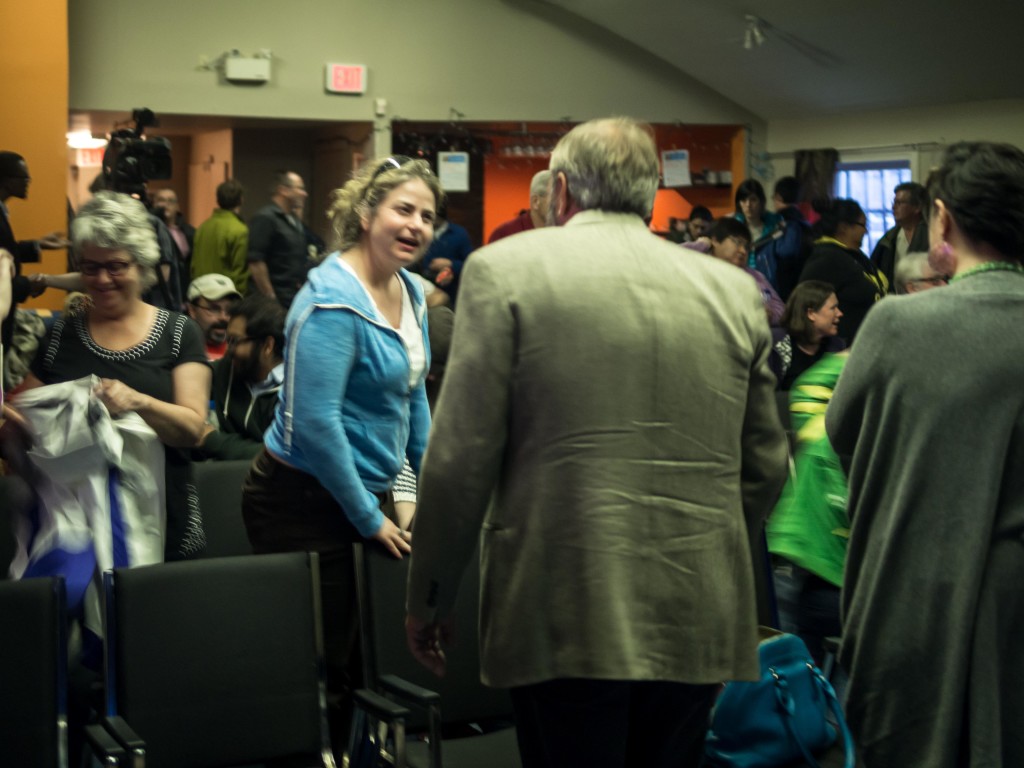
Robyn Campbell shakes hands with Thomas Mulcair.
Since the town hall meeting, Mulcair and Saganash have been spotted around town, not through tinted SUV windows, but in the offices of our community organizations, media, and politicians:
Thank you @ThomasMulcair and @RomeoSaganash for stopping by the office to learn about what we do. #suicideprevention #embracelife #nunavut
— Embrace Life Council (@IIKELC) September 3, 2014
Great interview with @CBCNunavut this morning. The interview will play tomorrow morning at 7:45. #CBC #NDP #cdnpoli #nunavut
— Tom Mulcair (@ThomasMulcair) September 3, 2014
Had a great meeting with the Deputy Mayor of #Iqaluit Mary Wilman this morning. #NDP #cdnpoli pic.twitter.com/Ba4lHmKDoB
— Tom Mulcair (@ThomasMulcair) September 3, 2014
Over the last two days, Mulcair in Iqaluit has been attentive, aware, and present. That being said, Mulcair and Saganash are not here to smile and make friends – they’re depending on their community- and people-driven approach to Canadian politics to win them votes in a territory that has never seen orange. No matter your political standing, it is refreshing to see a national leader whose agenda revolves around consultation and communication. By actually listening to northerners and prioritizing their needs, Mulcair and the NDP are hoping to inspire Nunavummiut to “pay attention to the actions and not the photo ops.”
To learn more about the NDP’s presence in Nunavut, check out the Nunavut New Democrats Facebook page. And let us know what you think about Mulcair in Iqaluit via a tweet or comment!

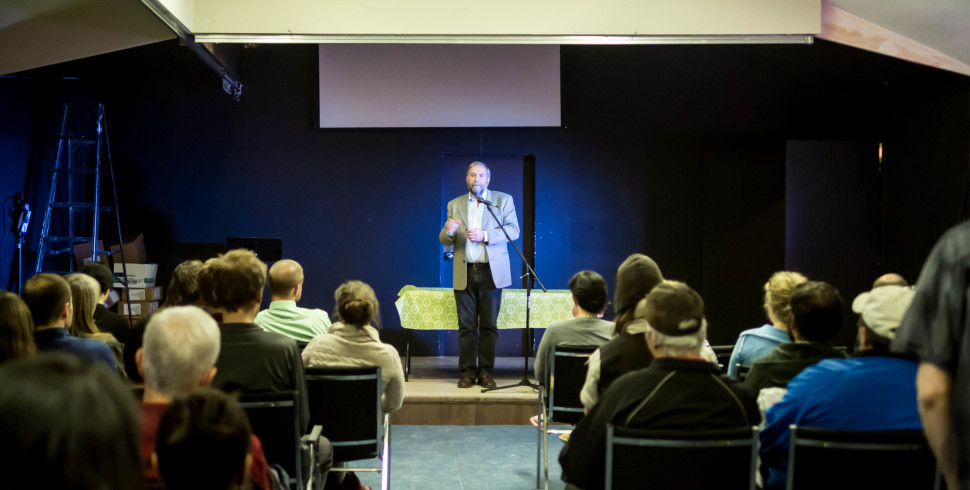
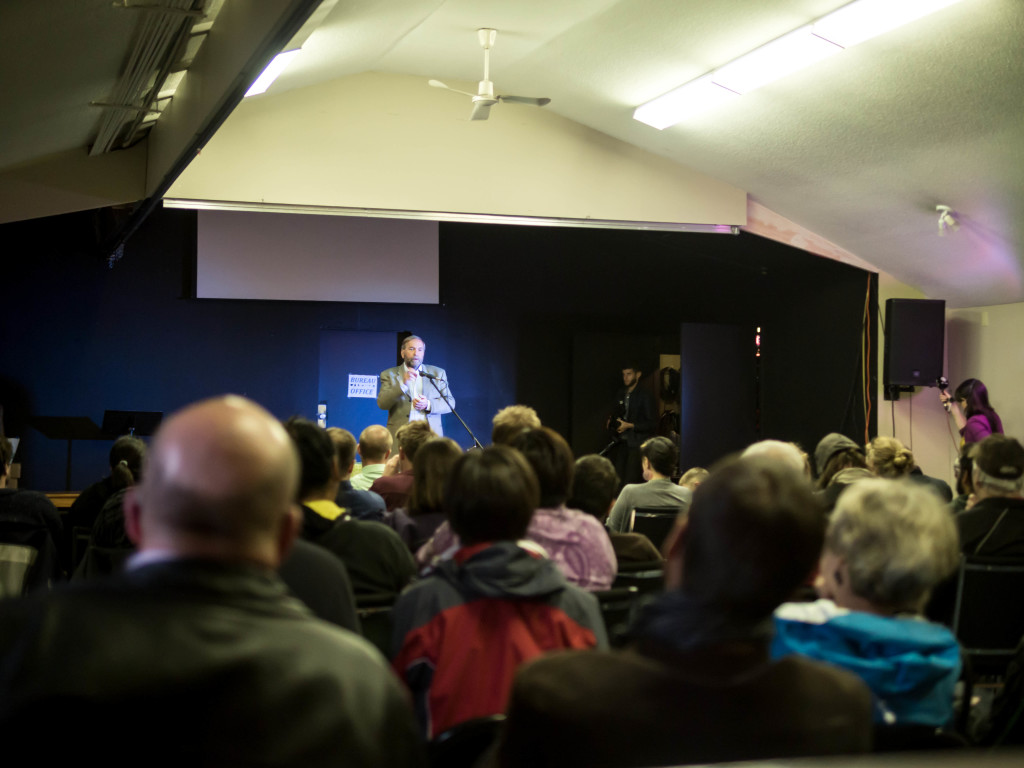

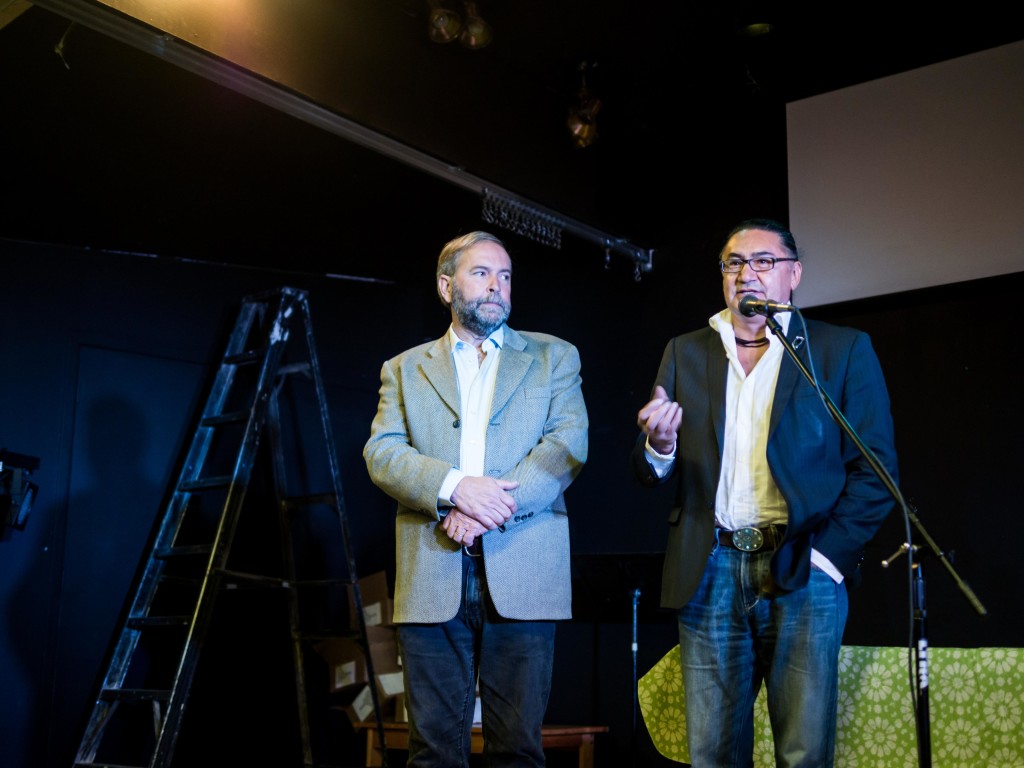
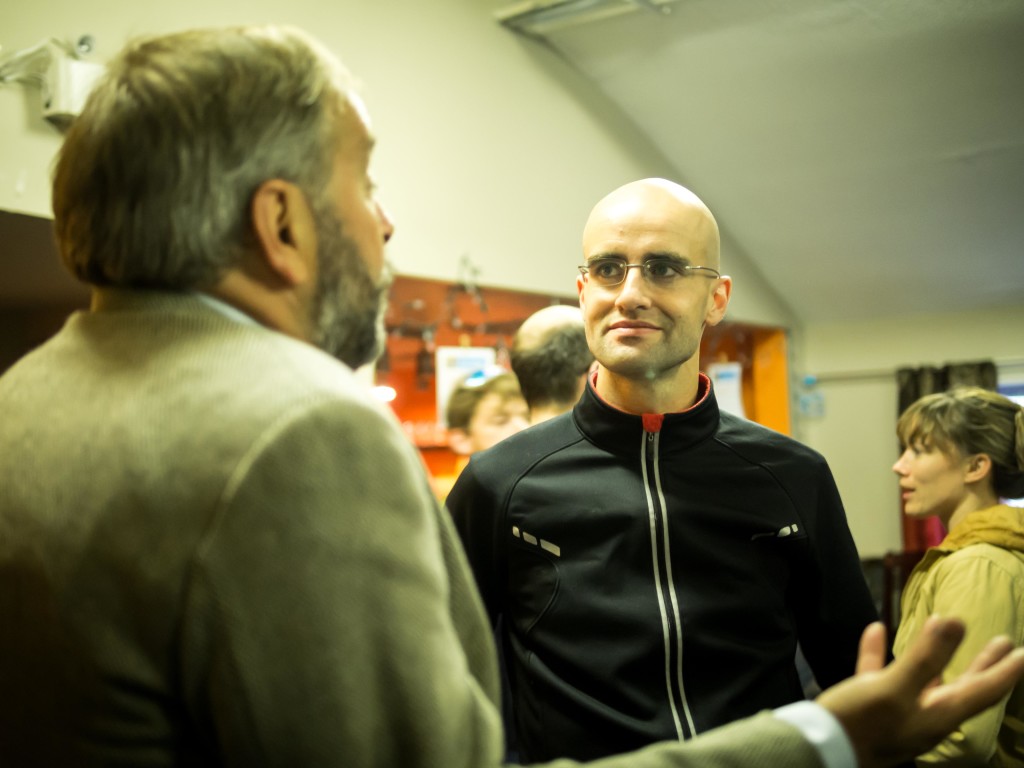


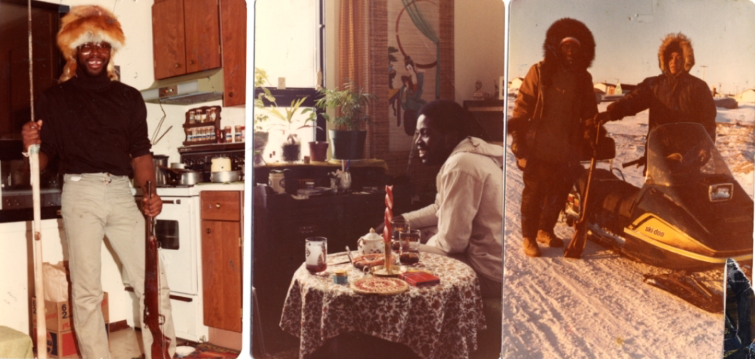
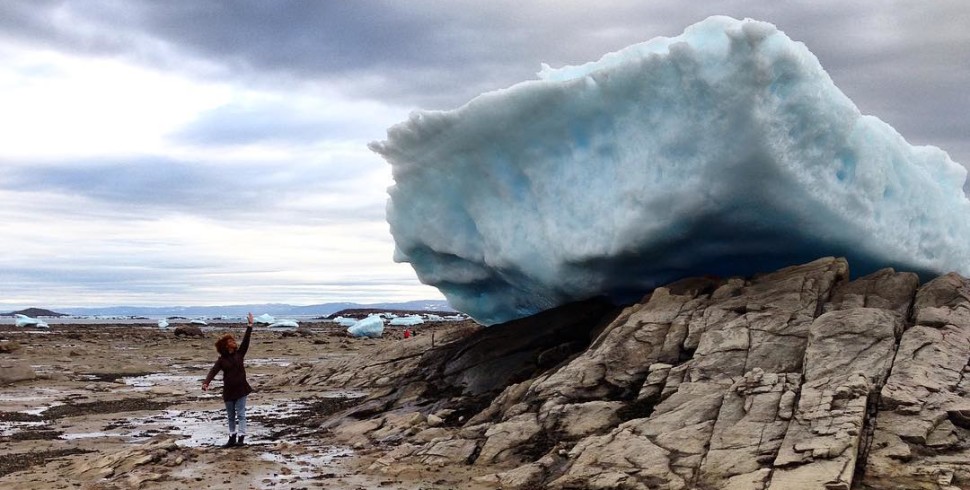
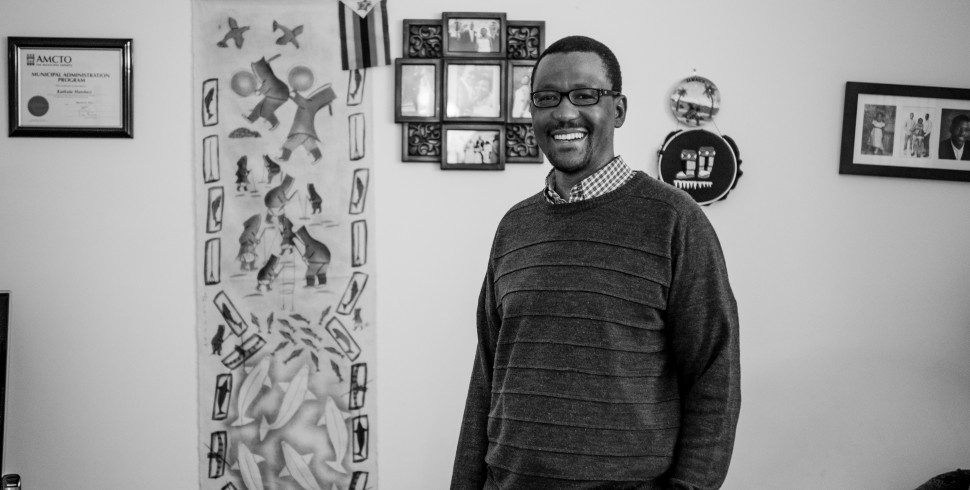
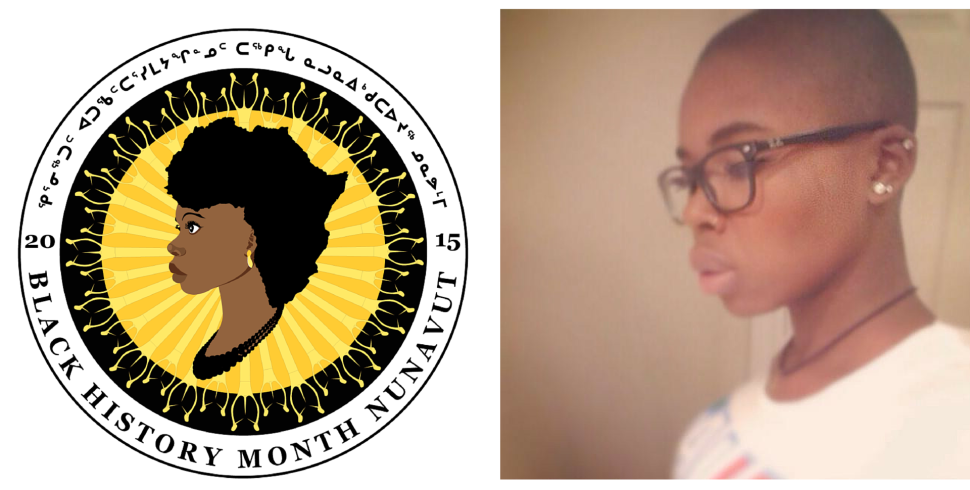


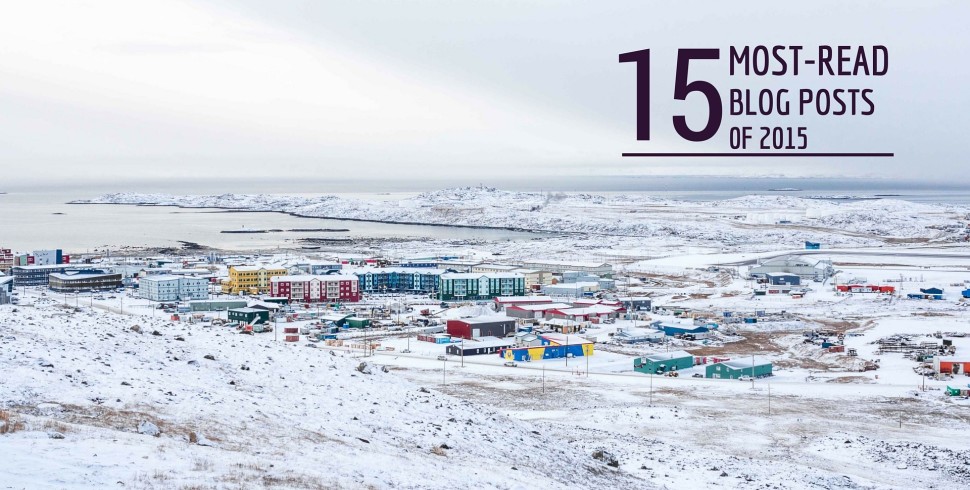


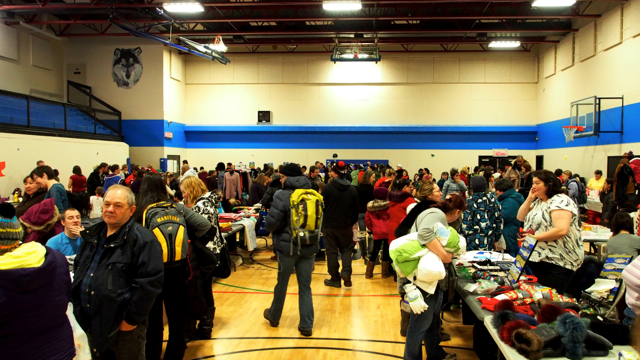

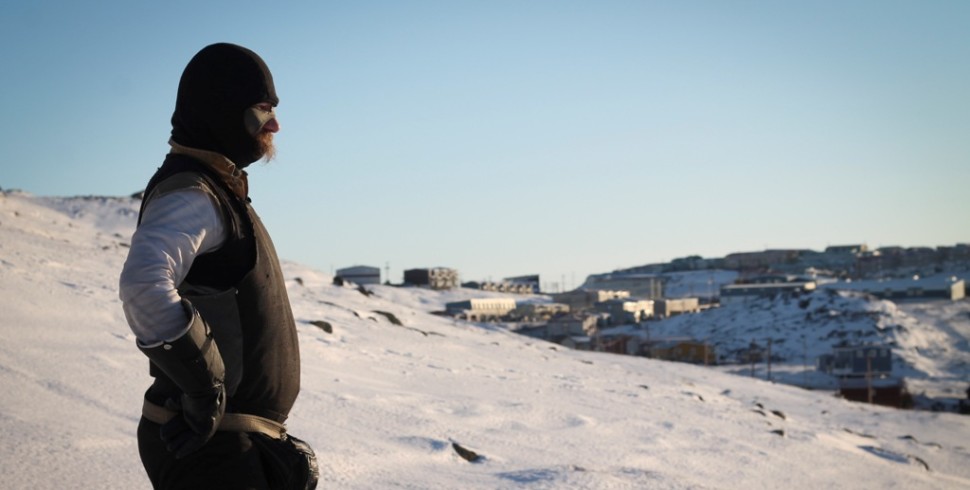
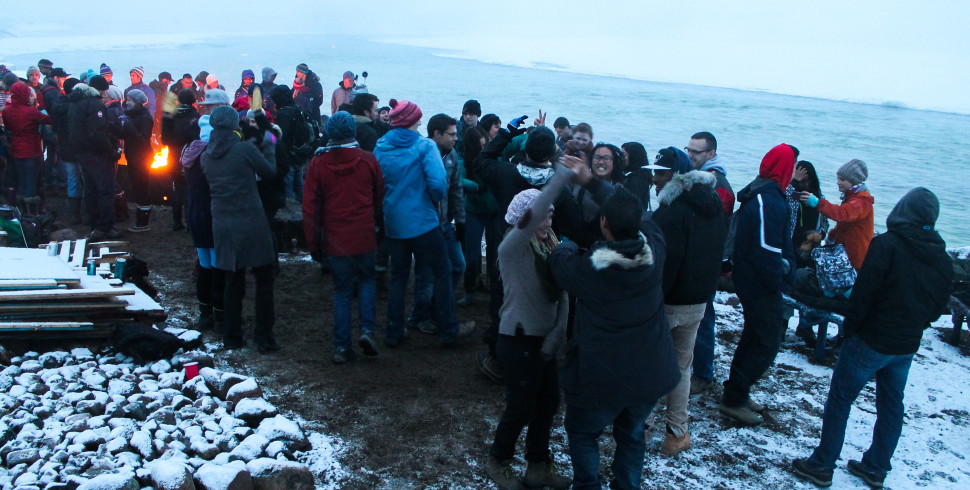


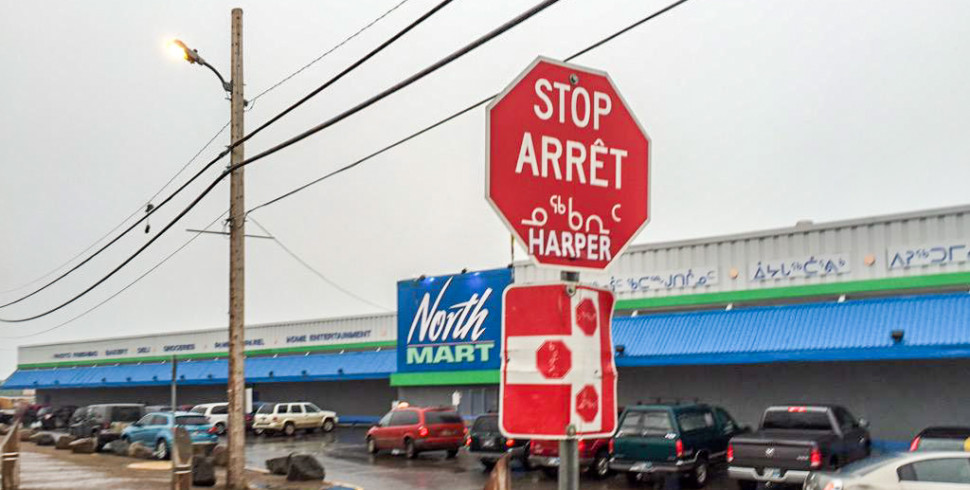



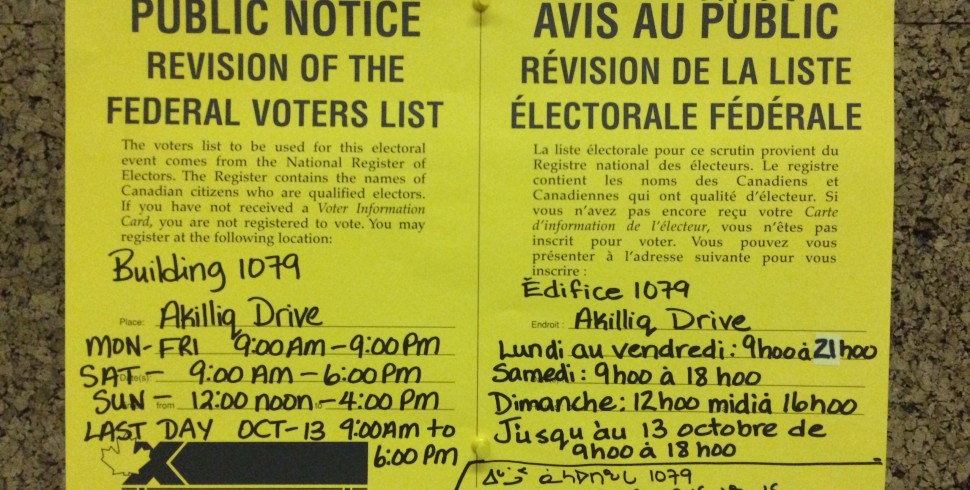
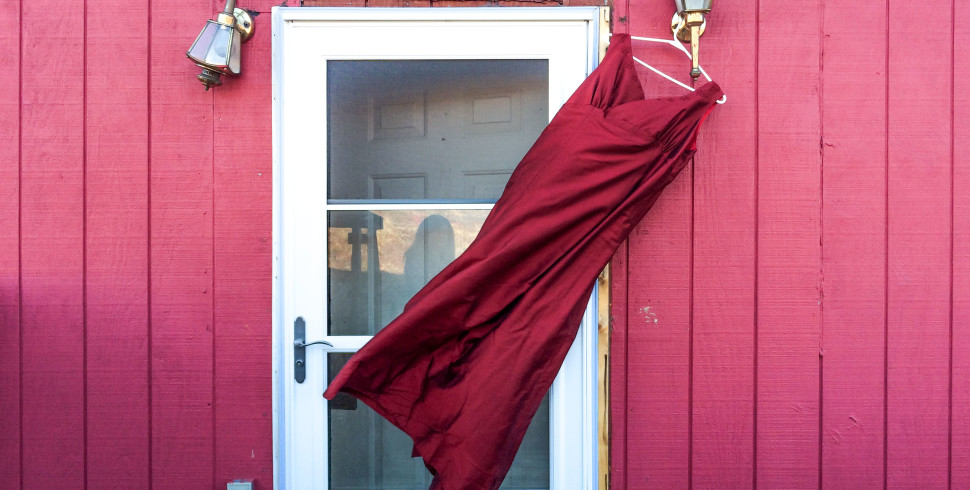

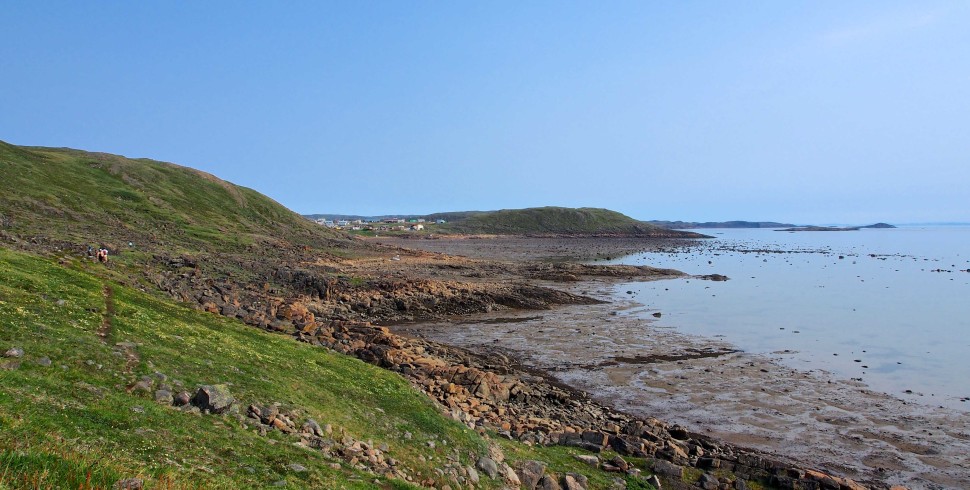
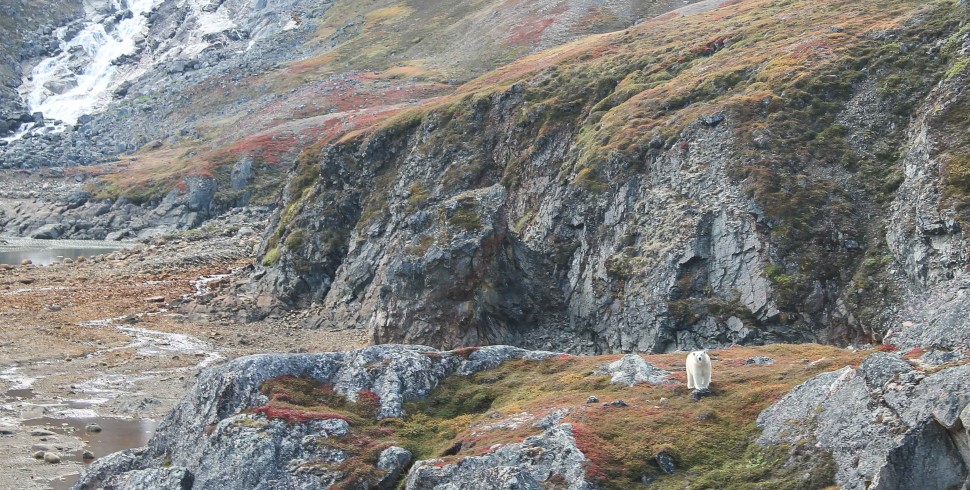
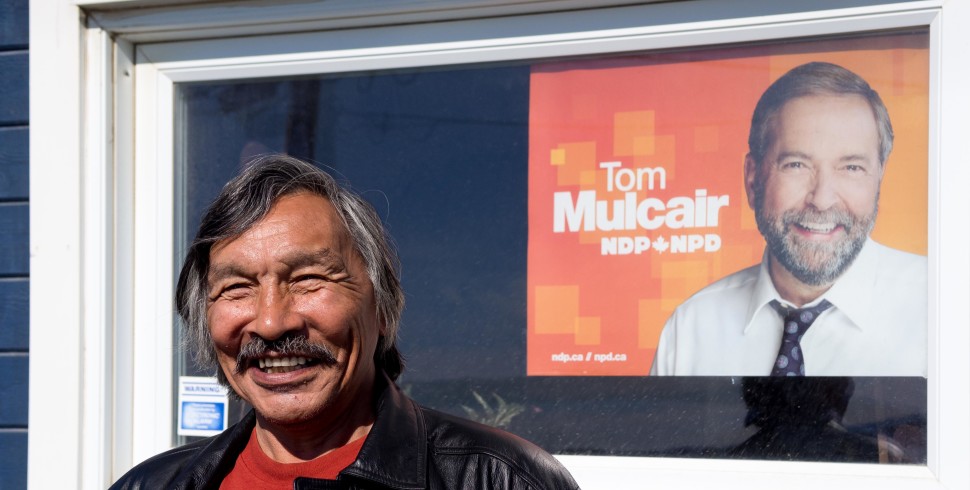


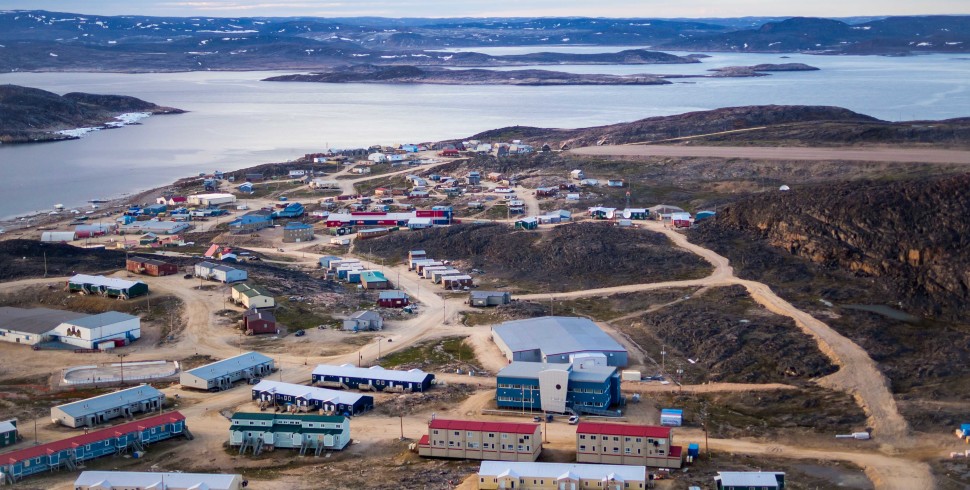
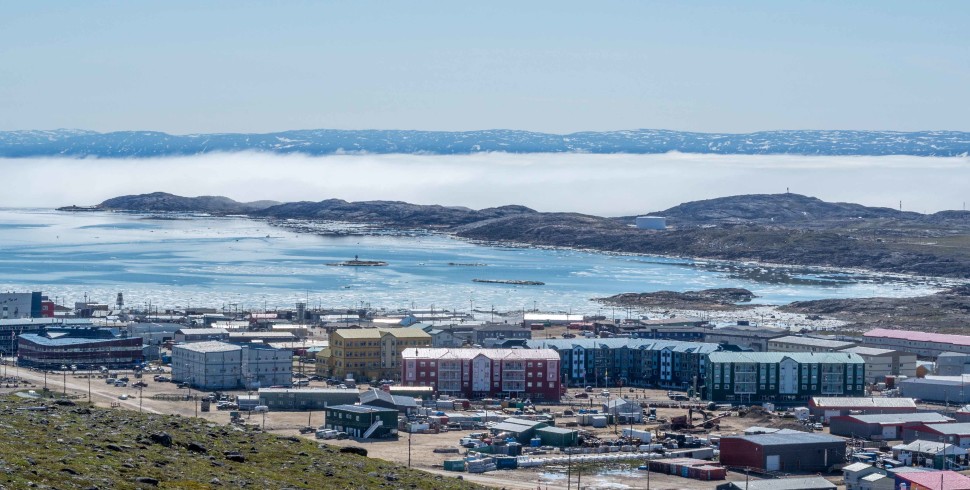

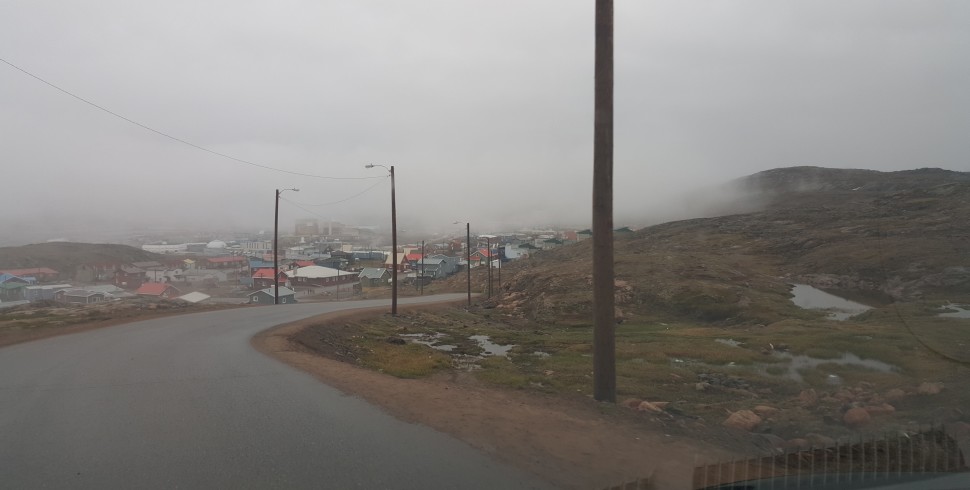

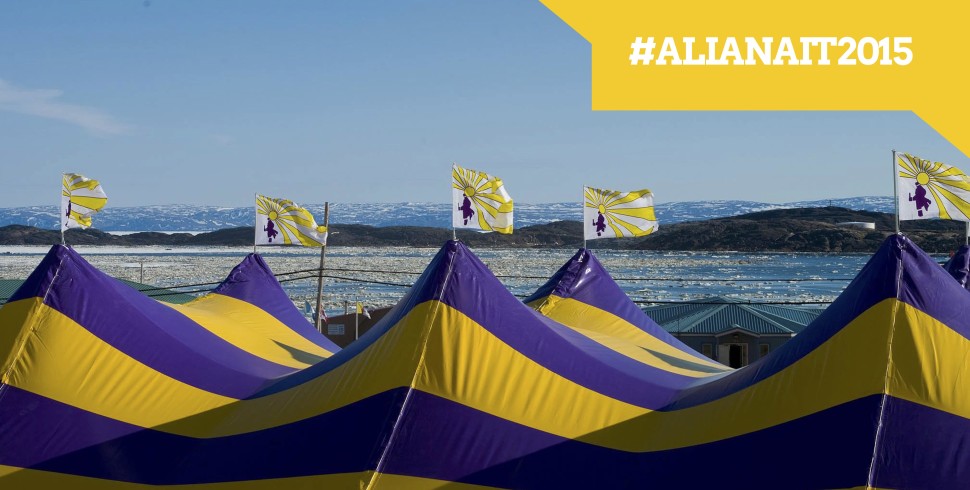

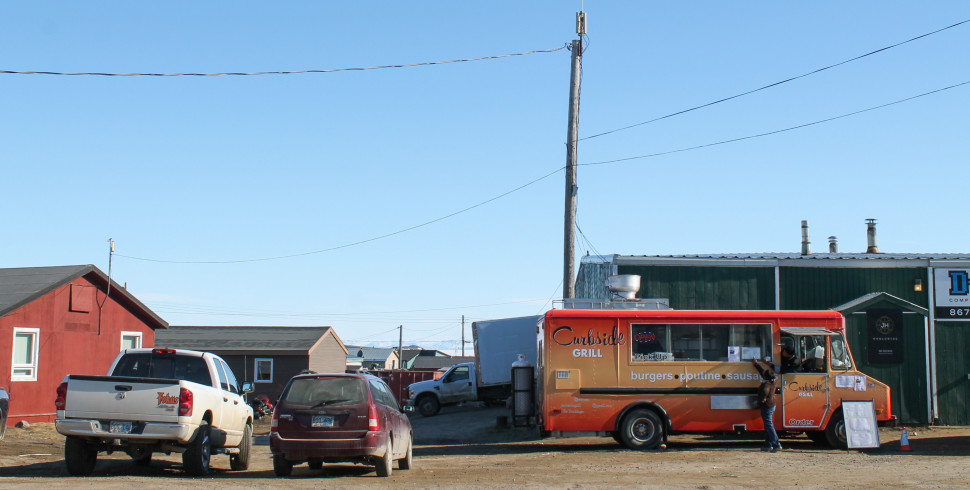



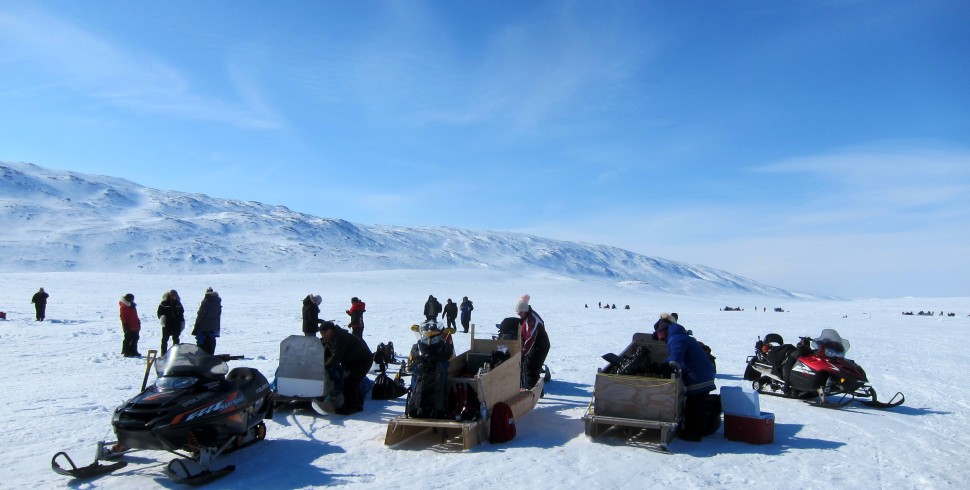

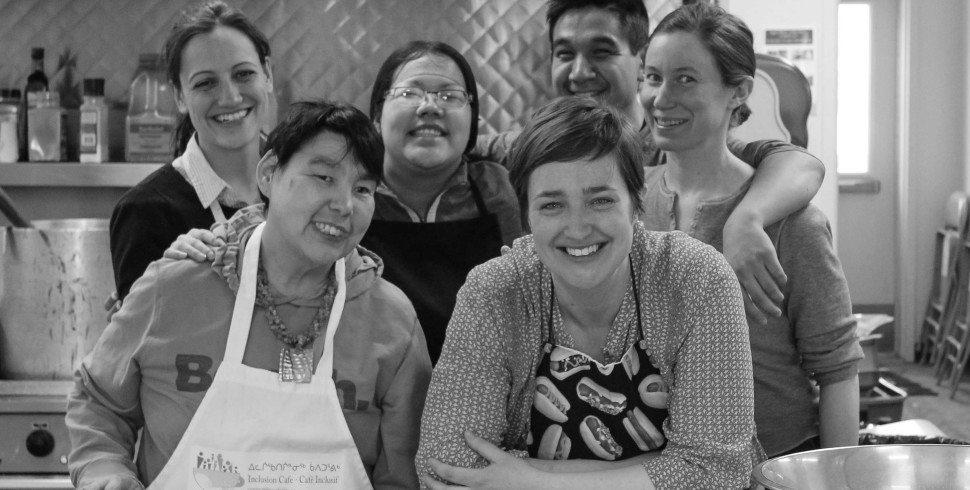
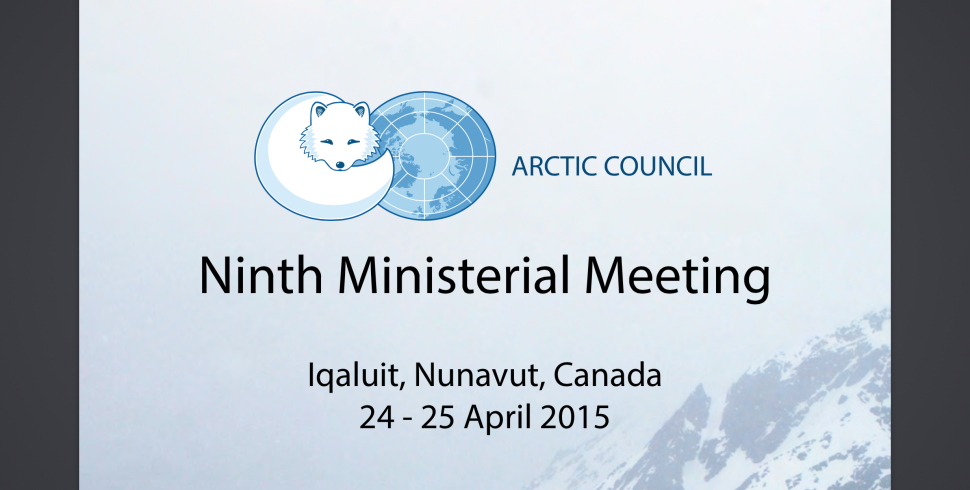

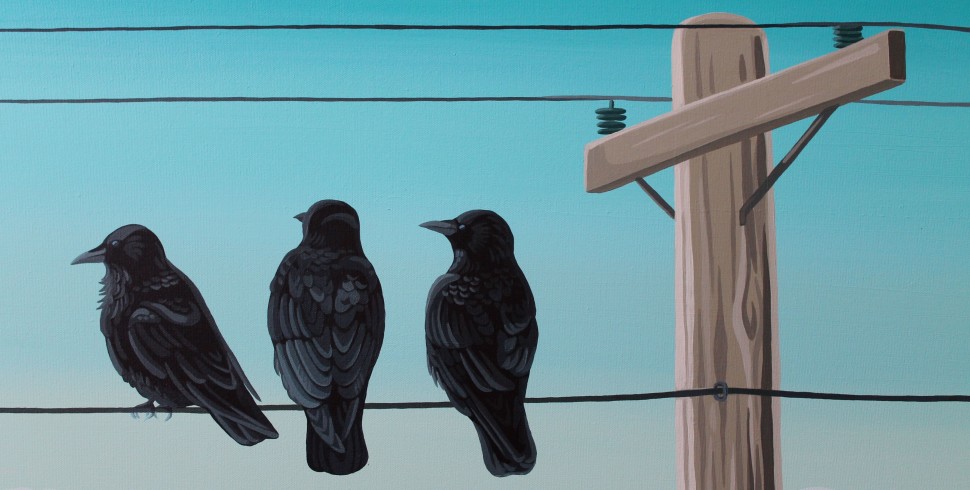


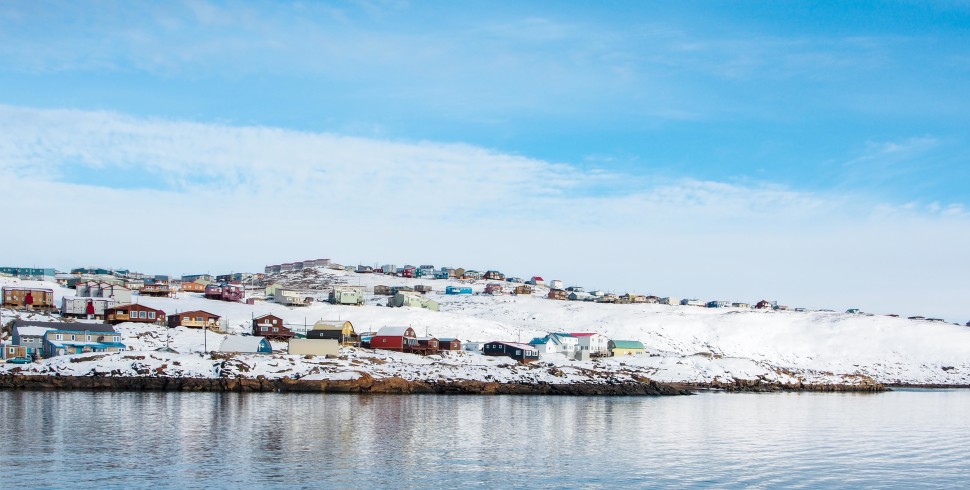

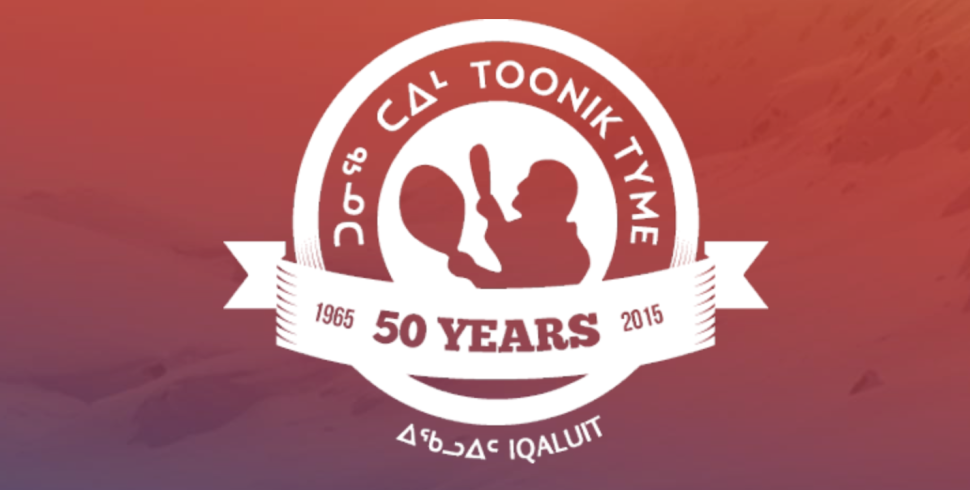
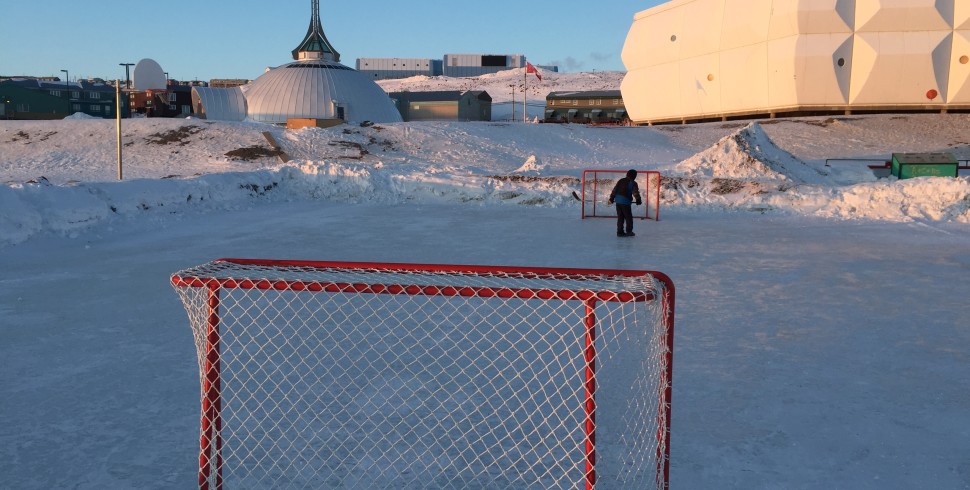

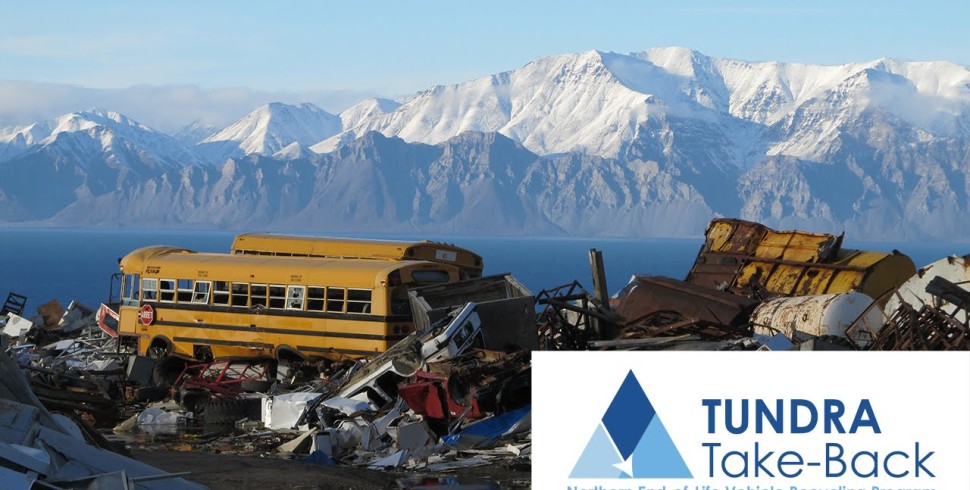

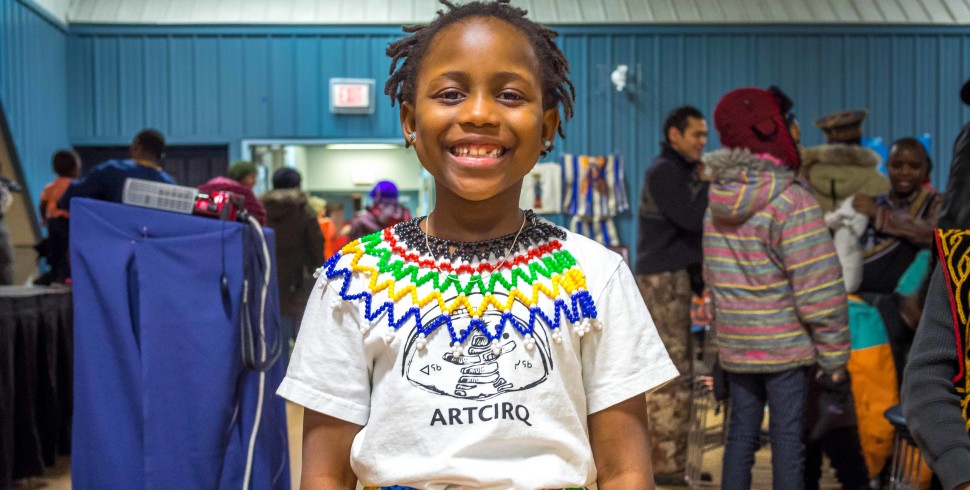

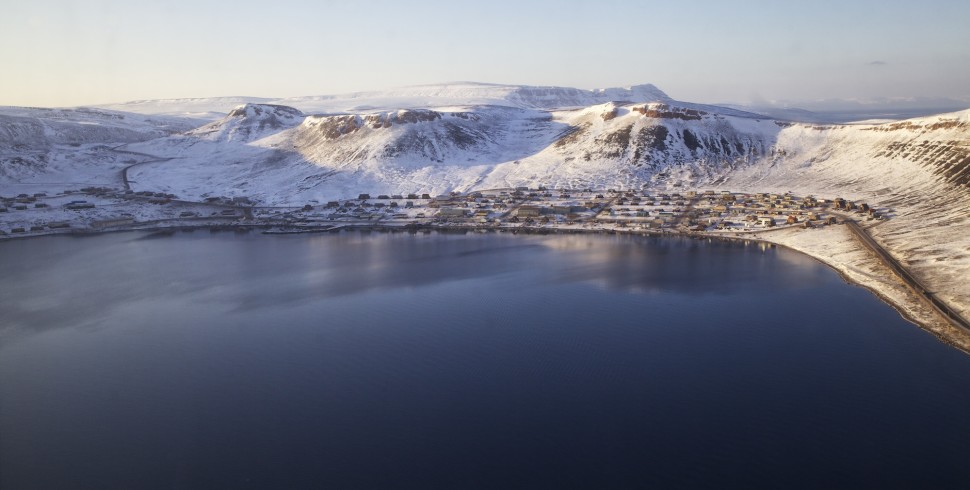
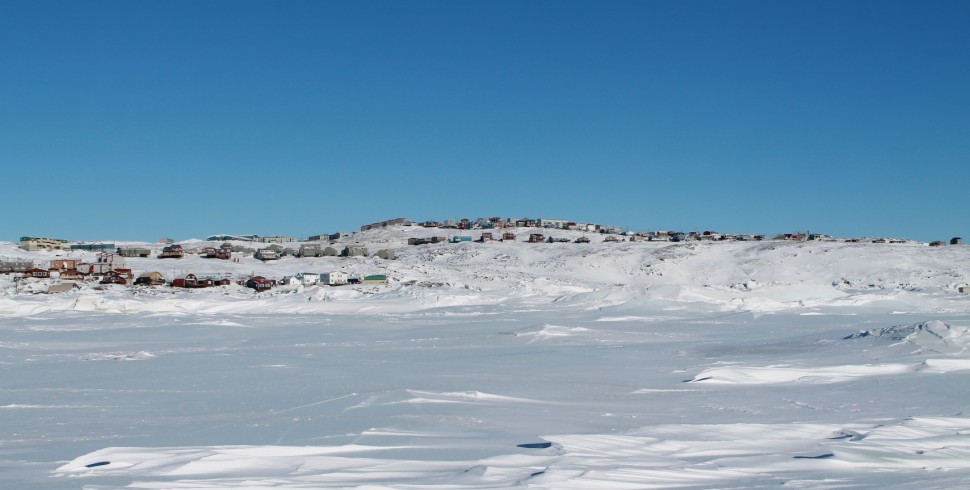



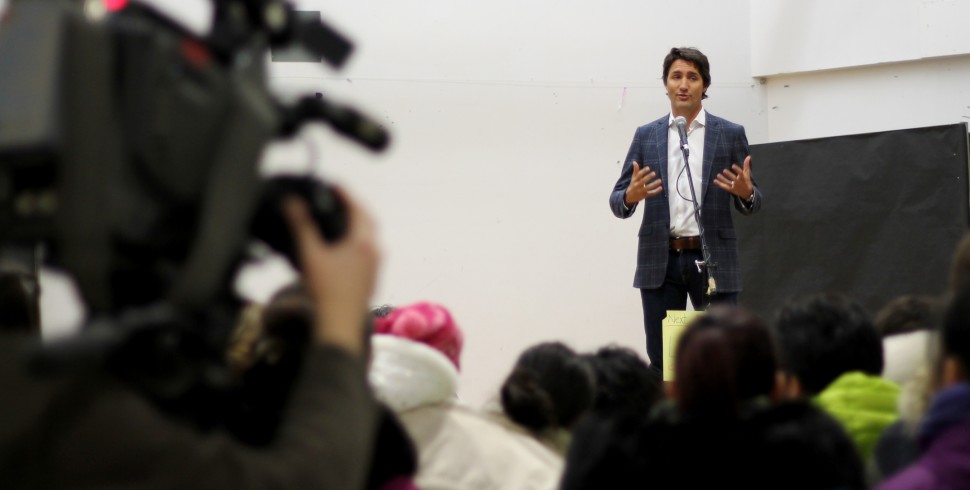
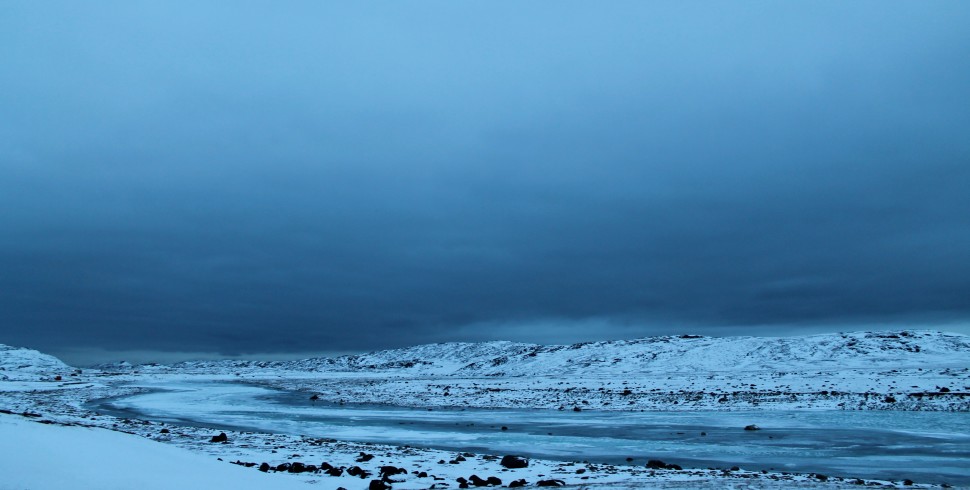






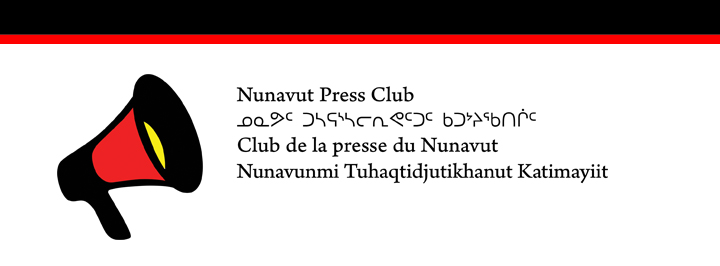
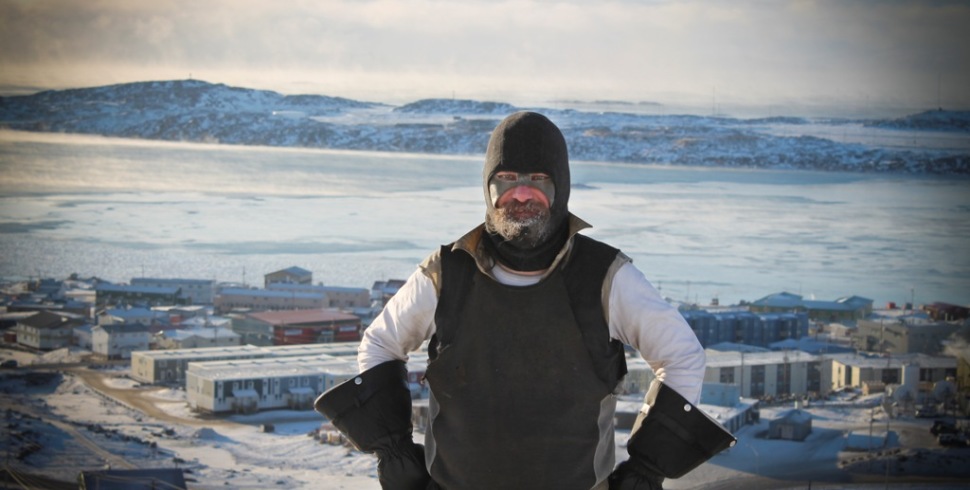
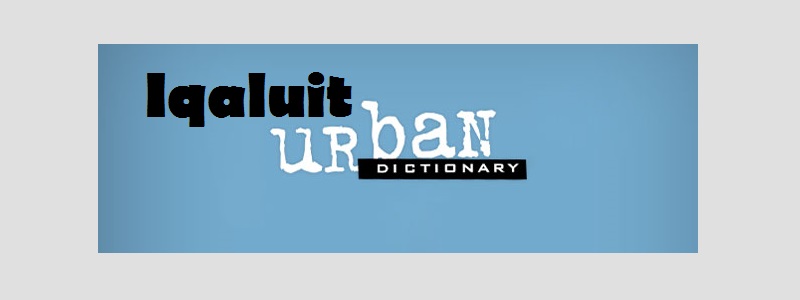

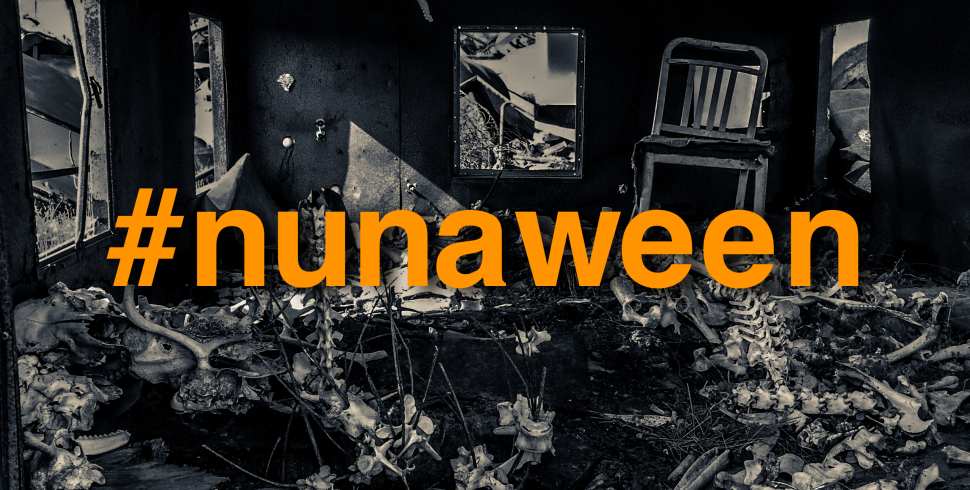


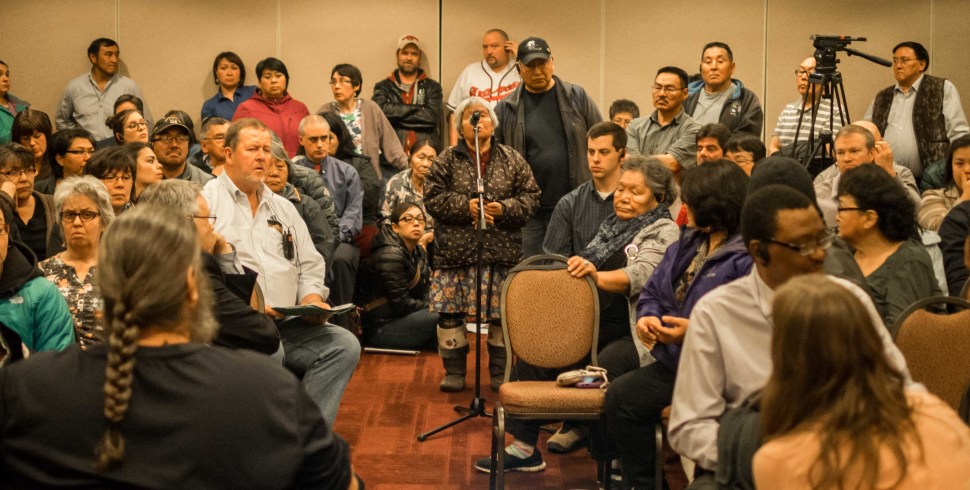


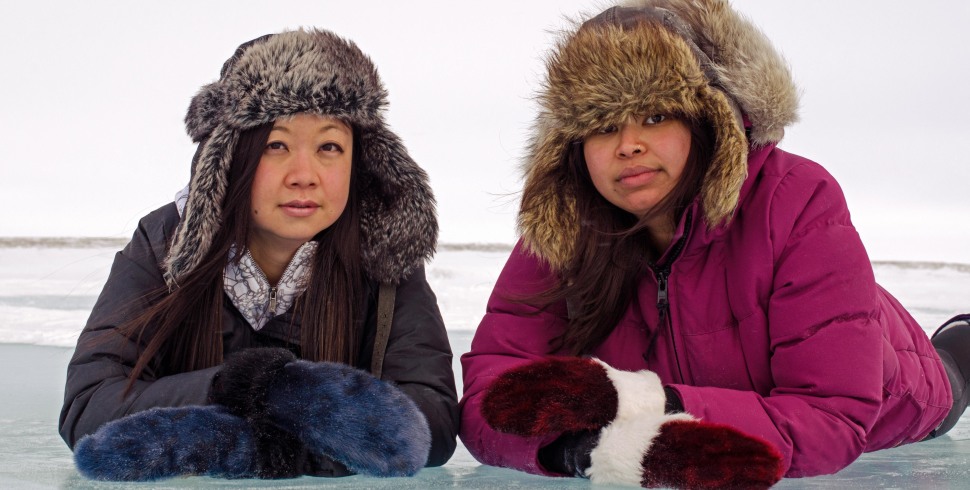
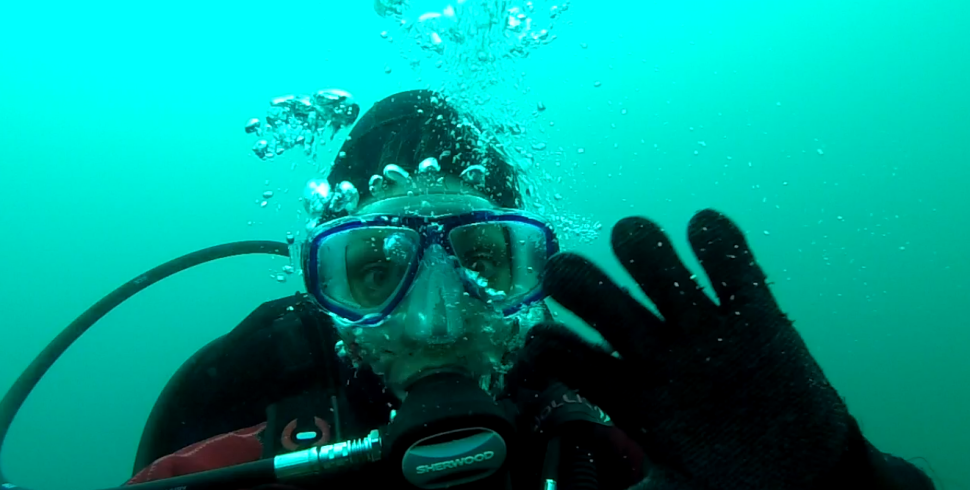
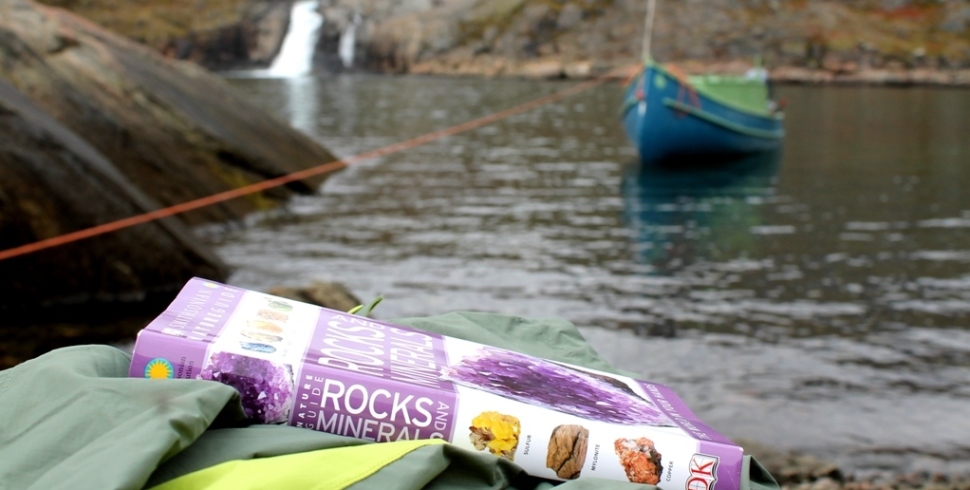
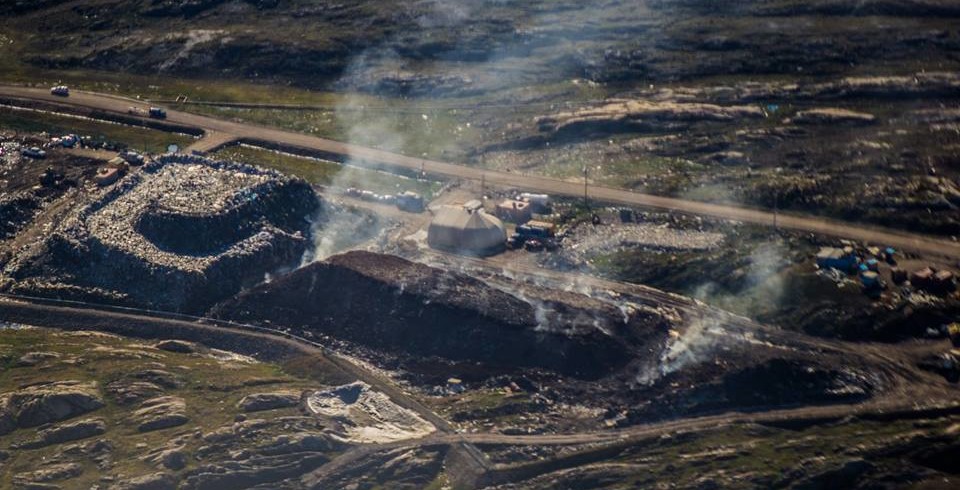



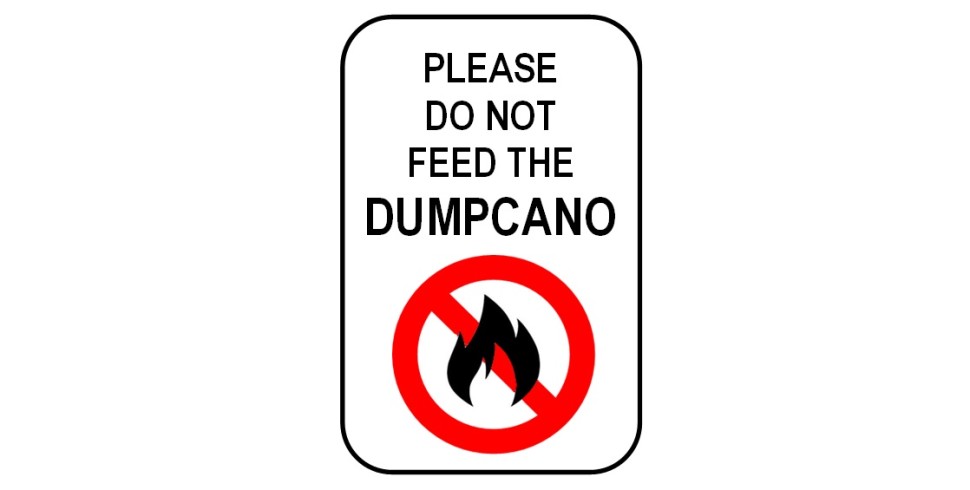
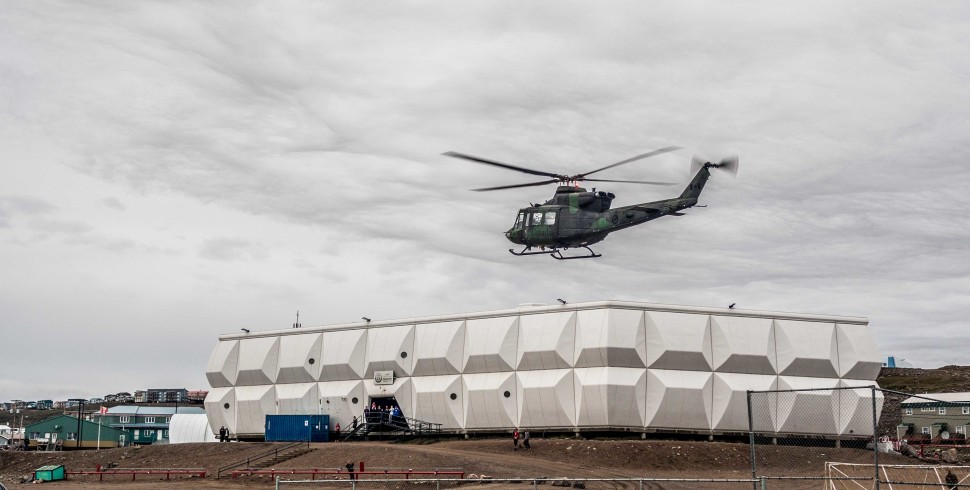
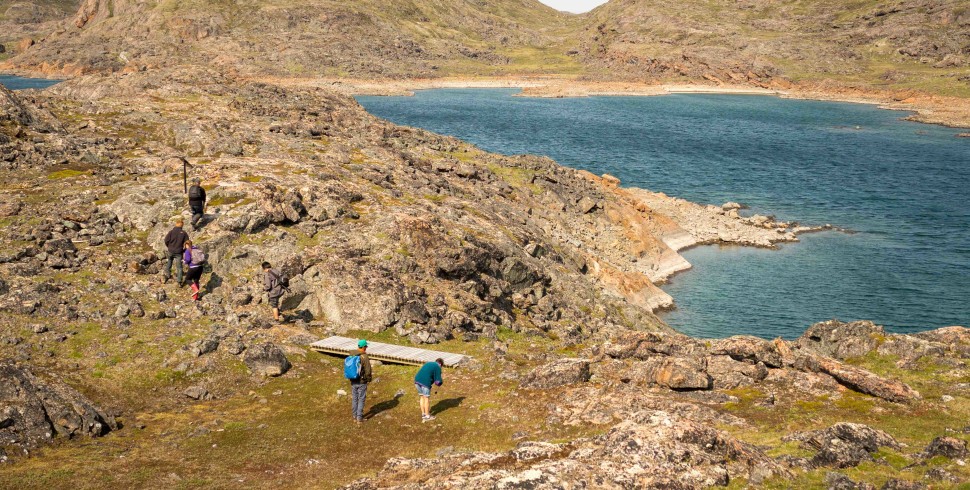

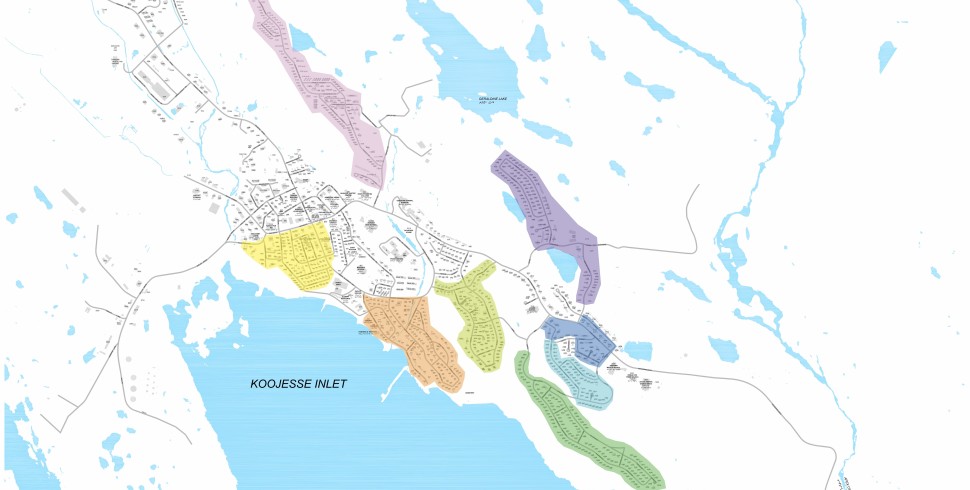

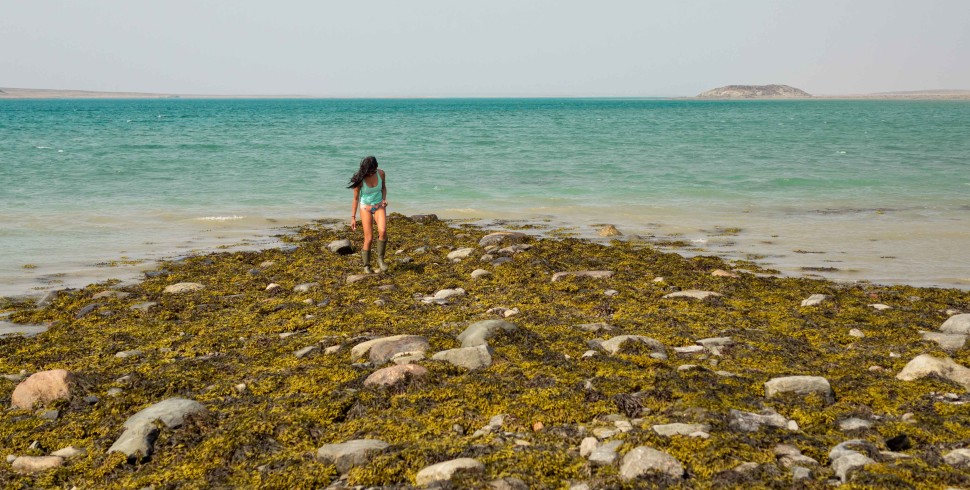
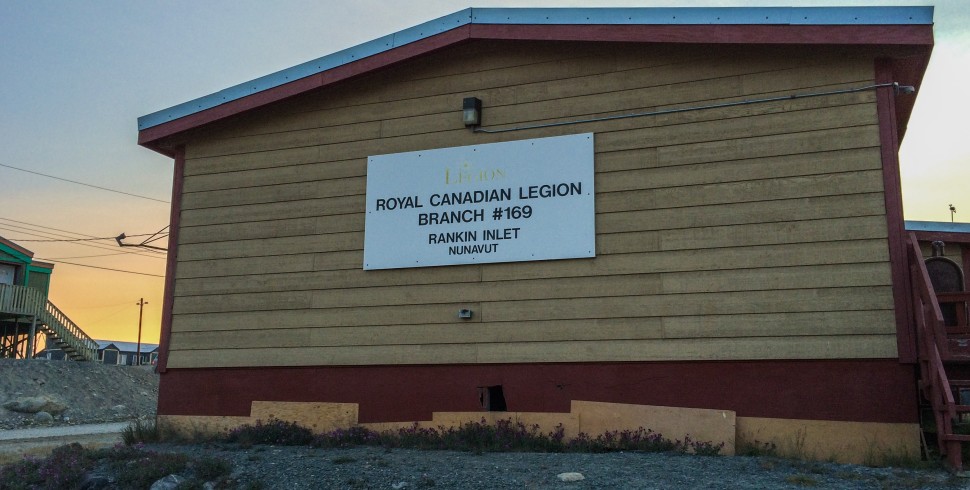
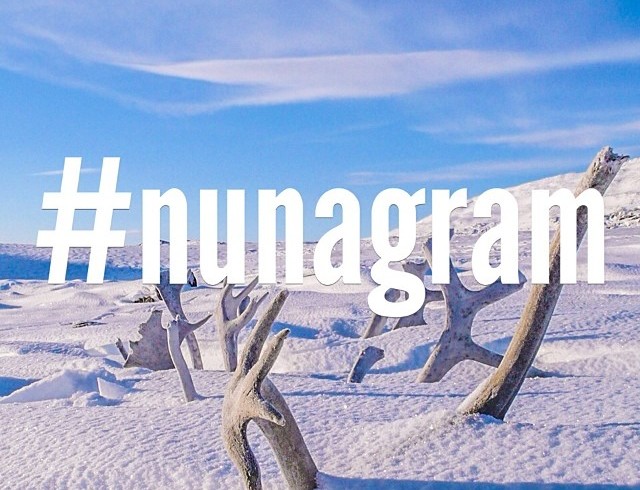


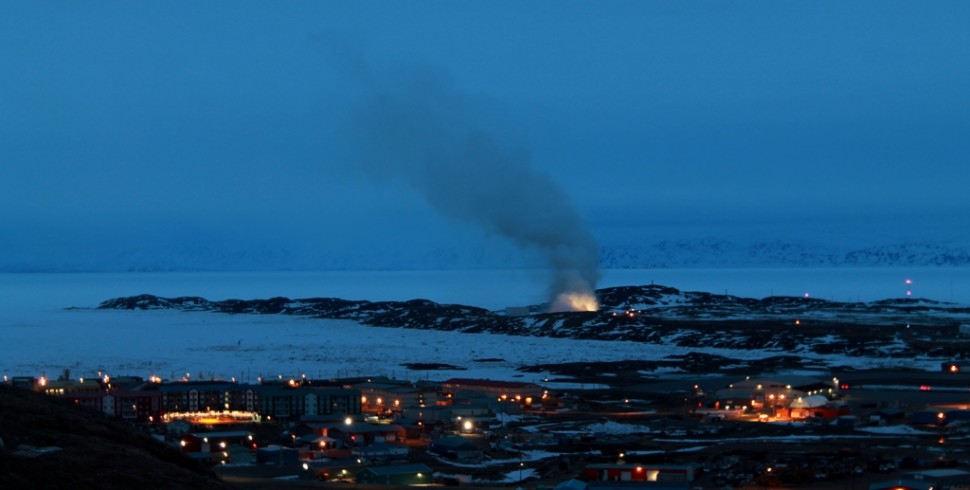

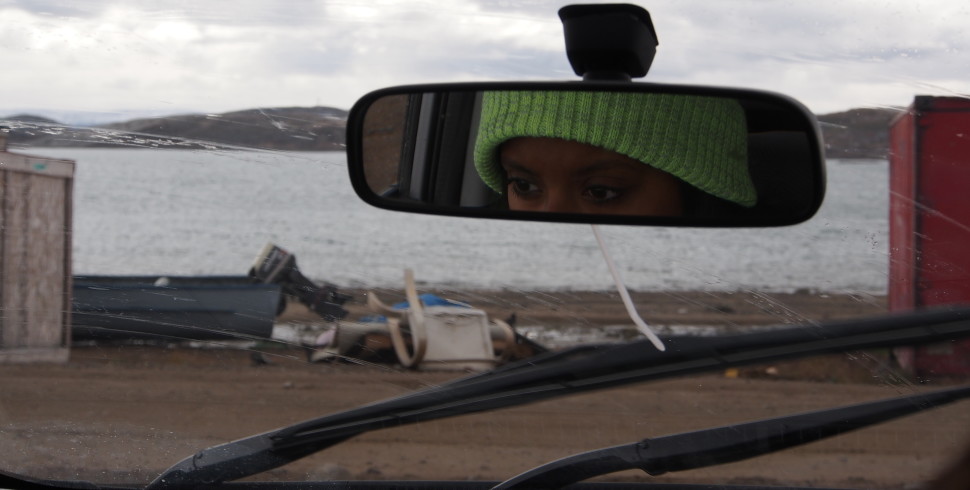


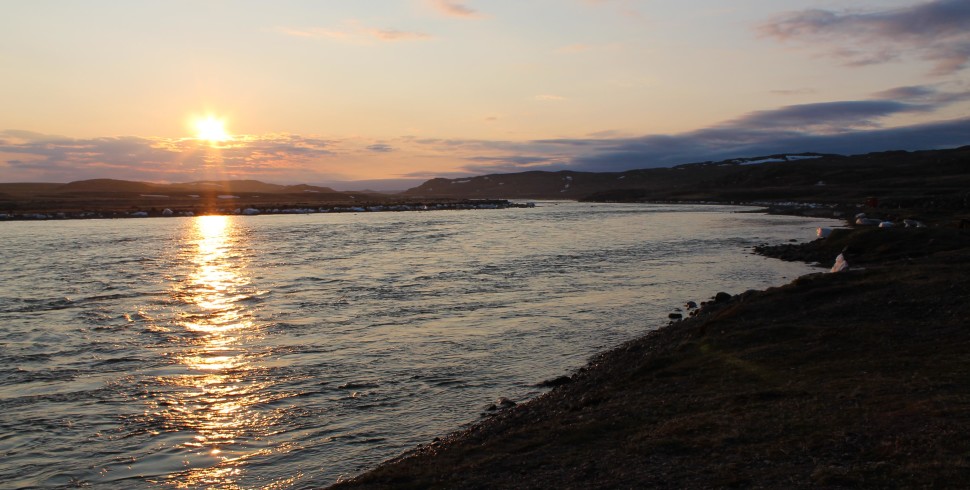


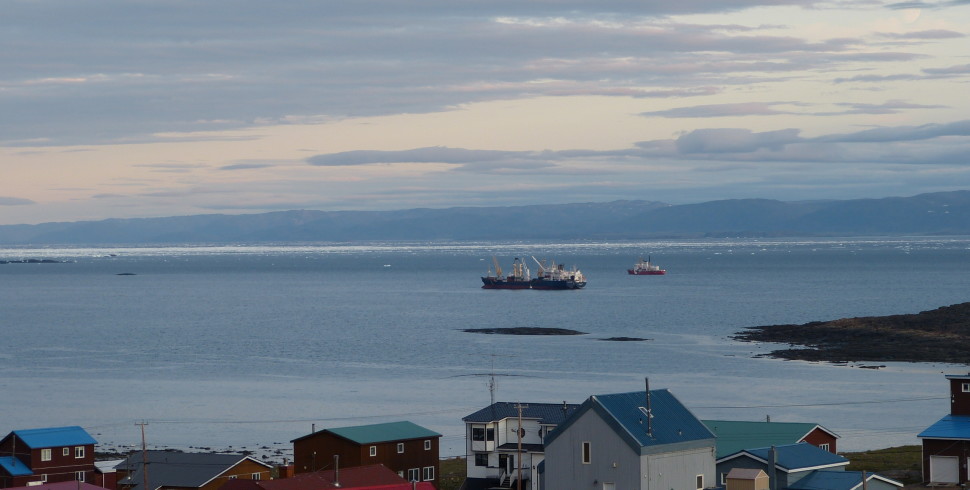

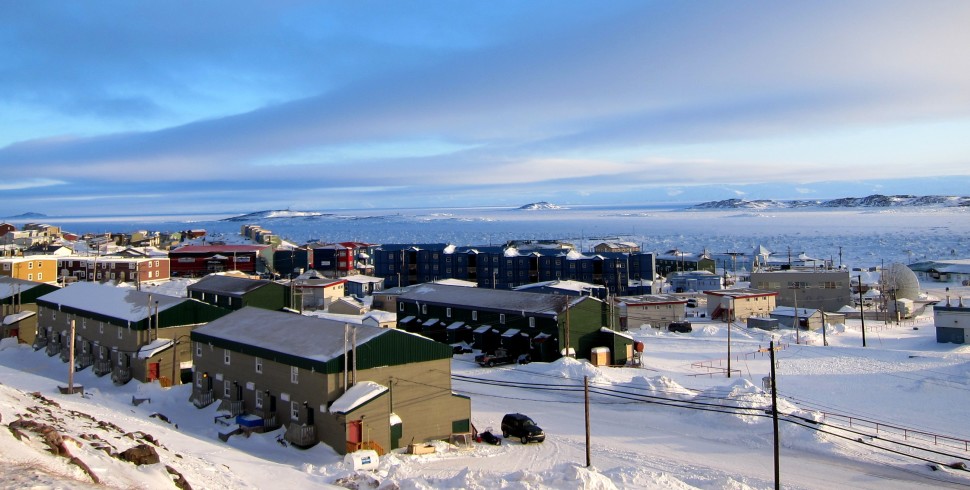
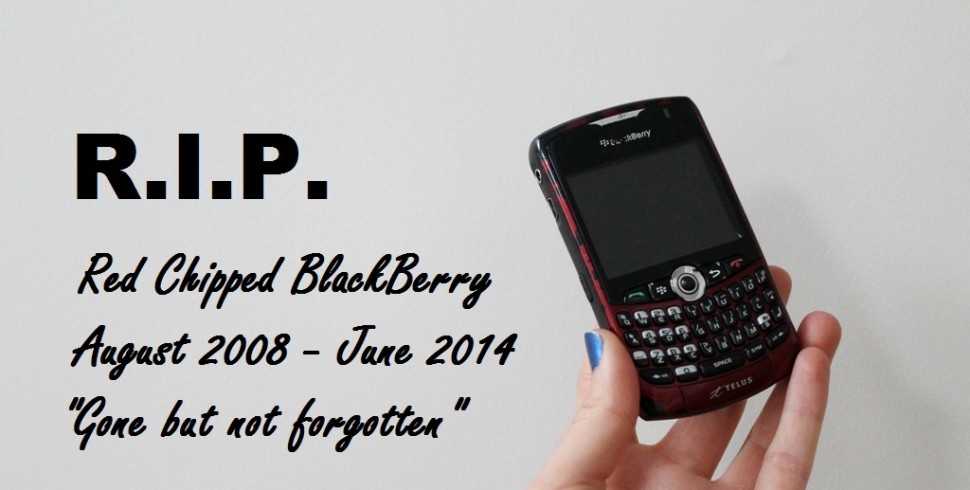
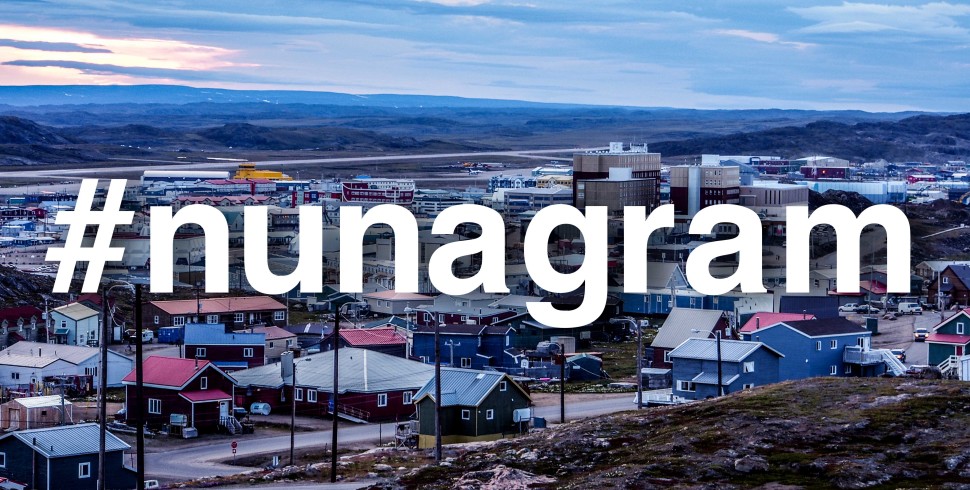

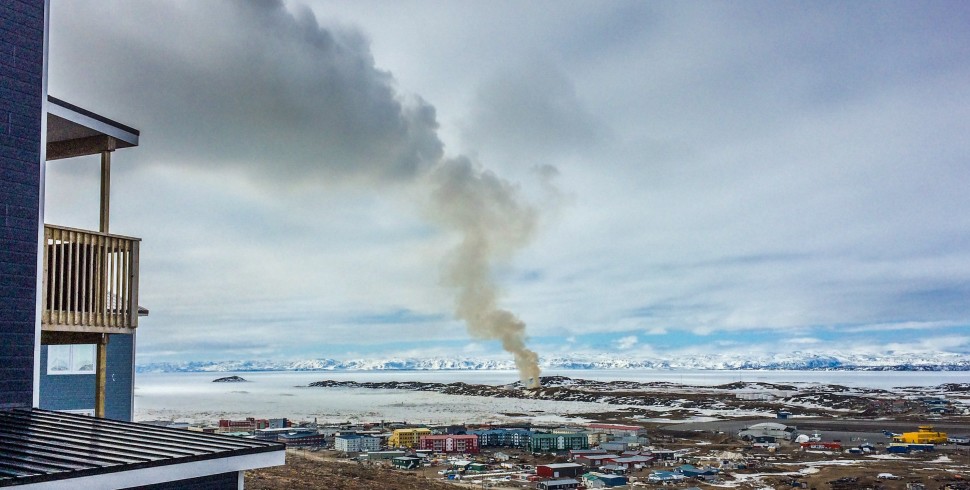
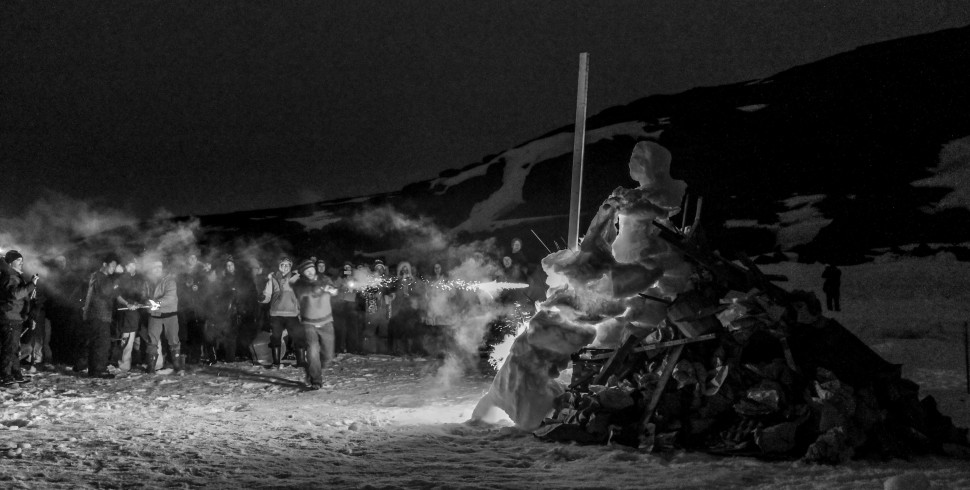

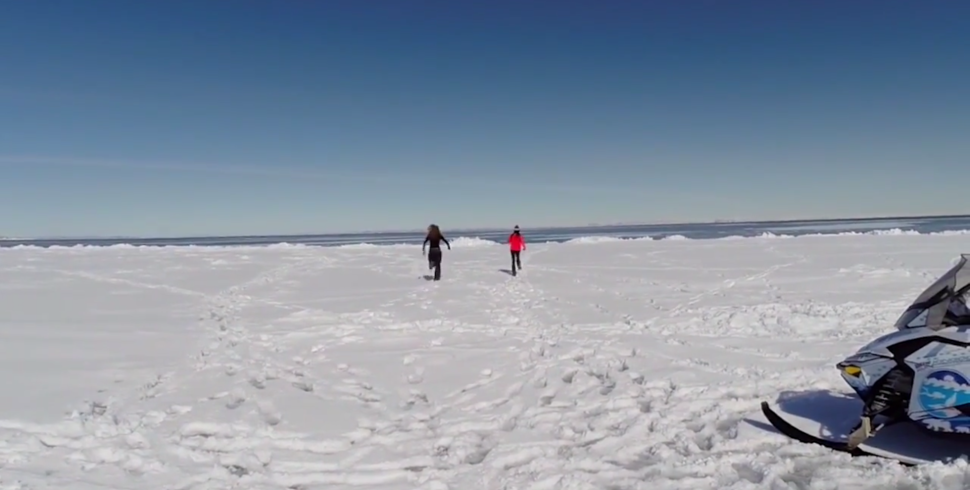




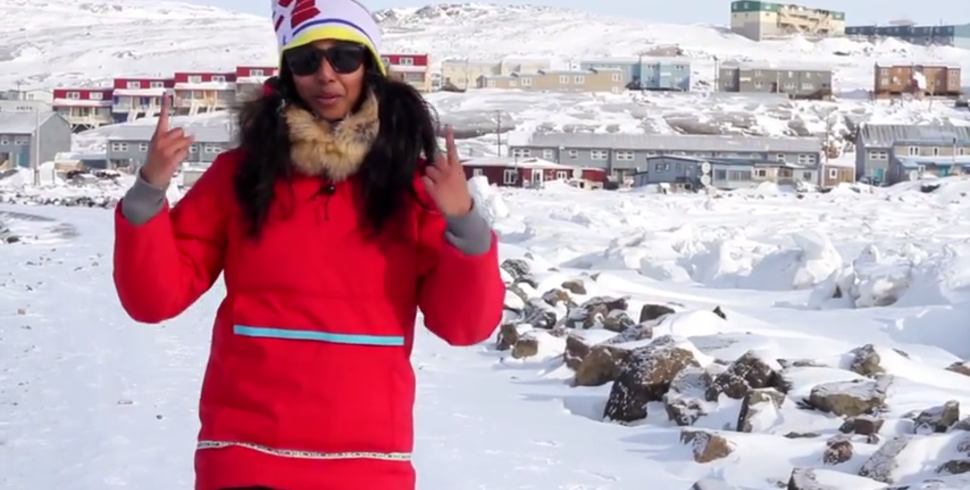
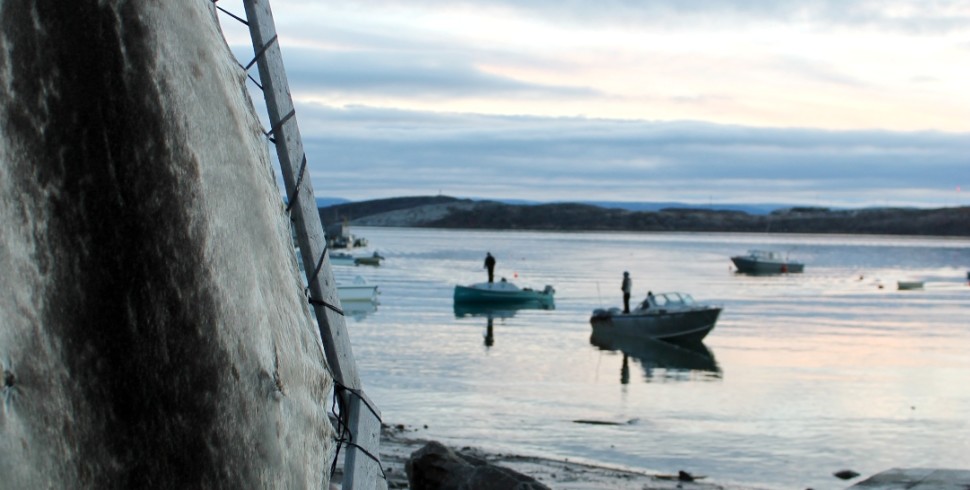


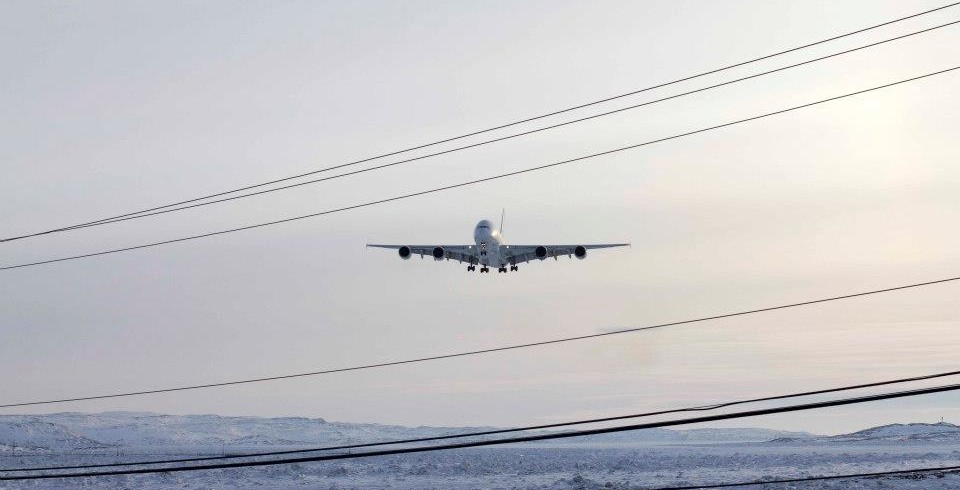
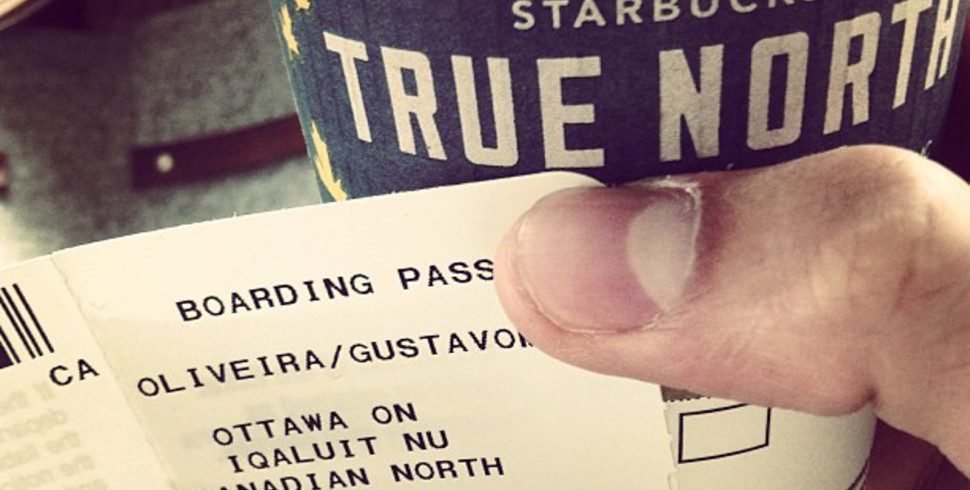




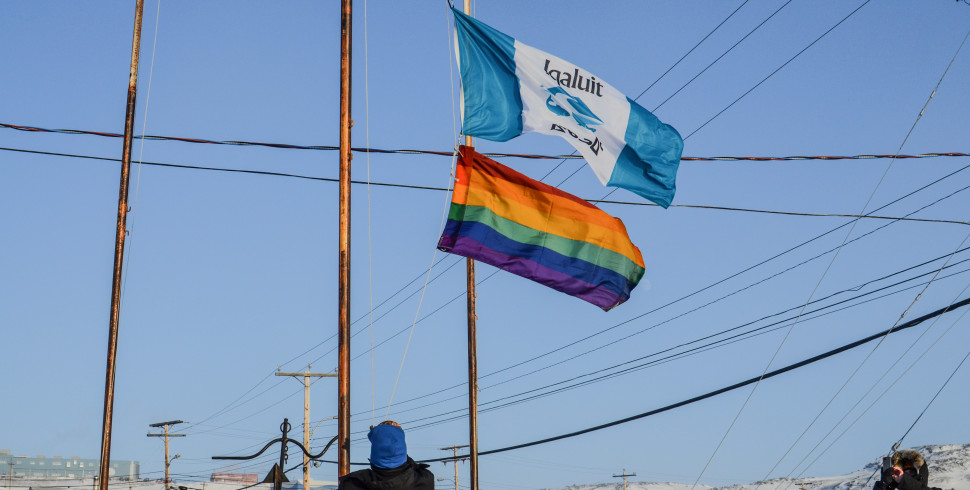
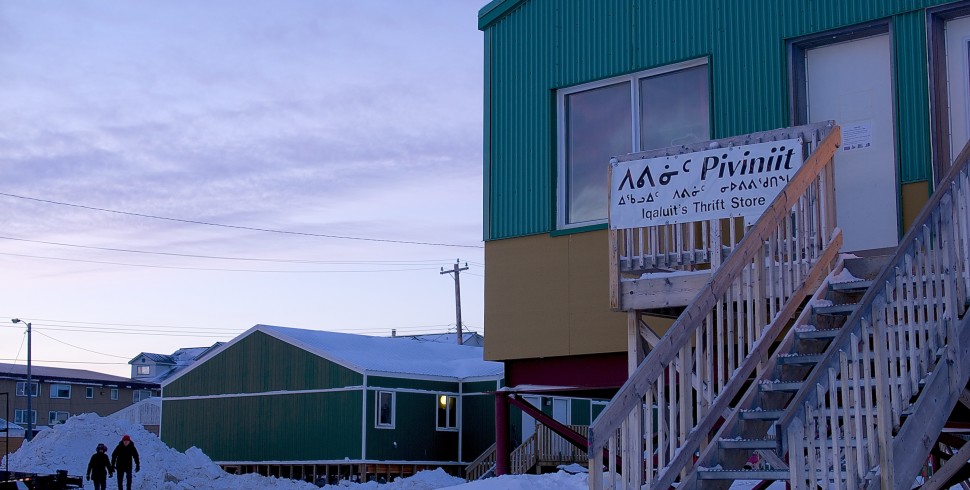

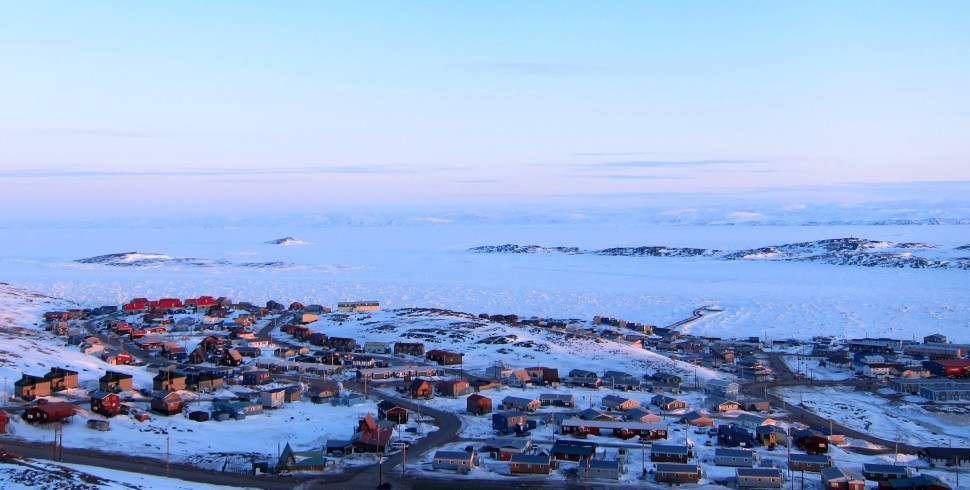
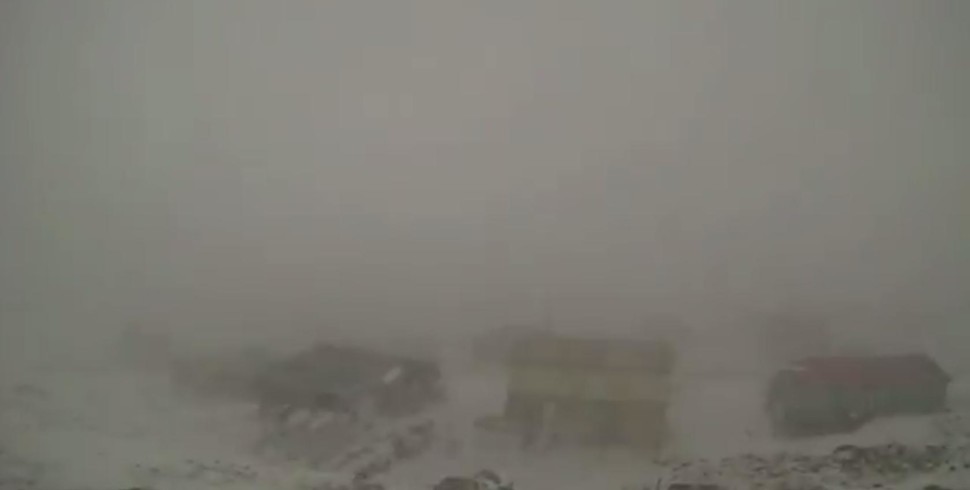
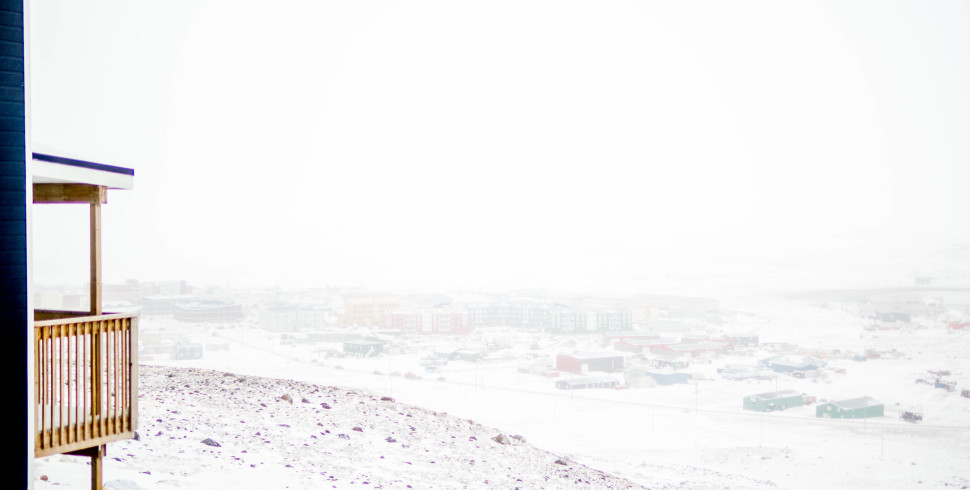
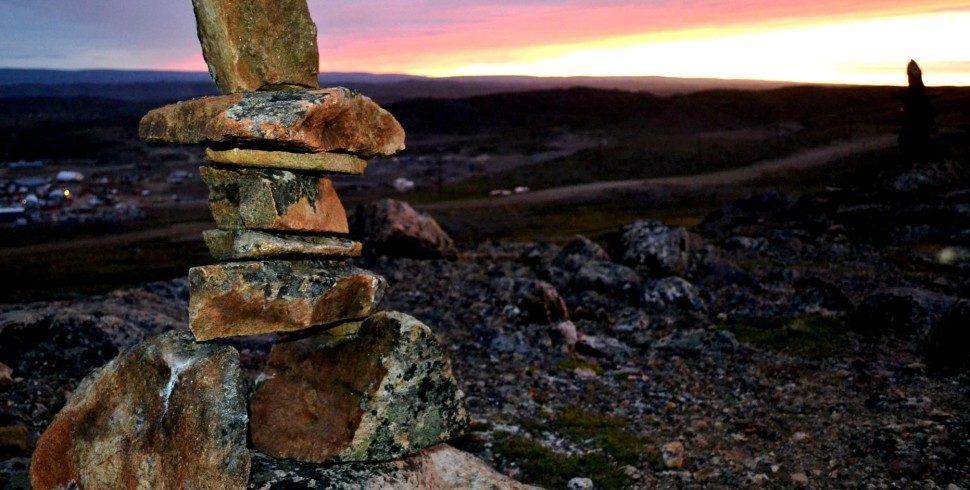

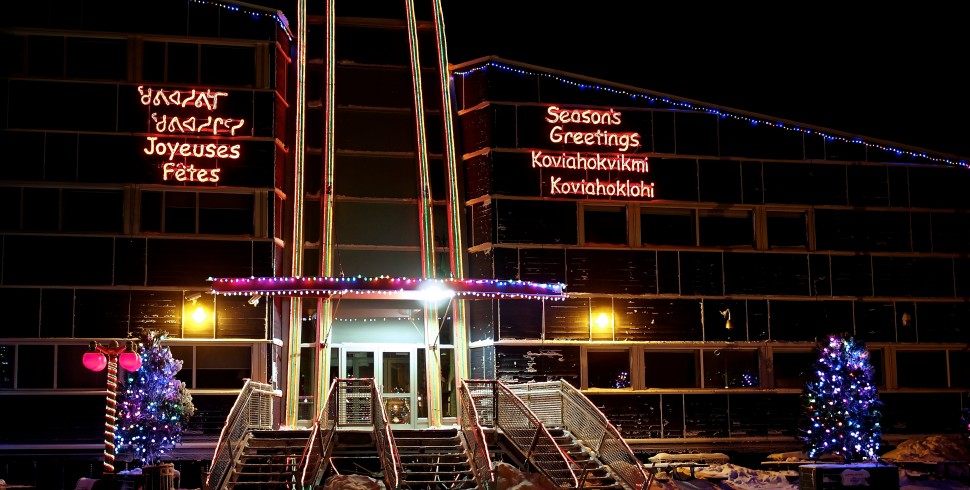
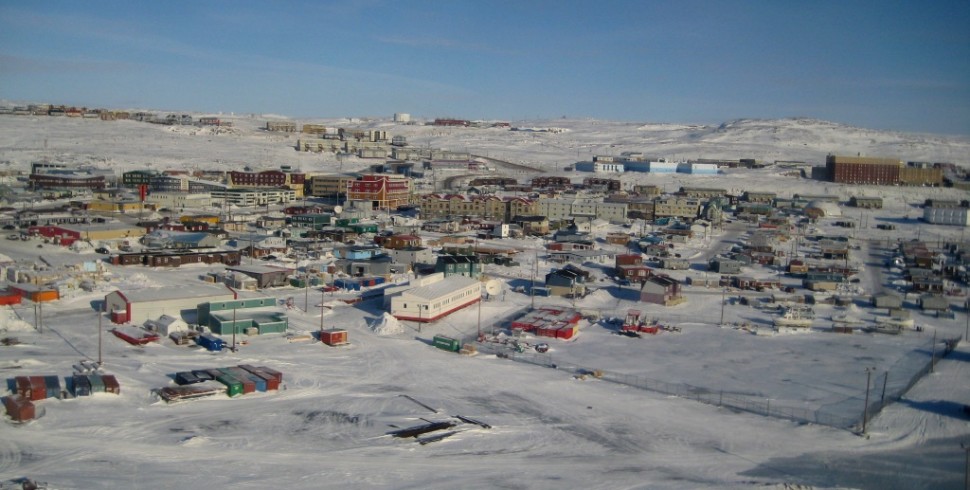

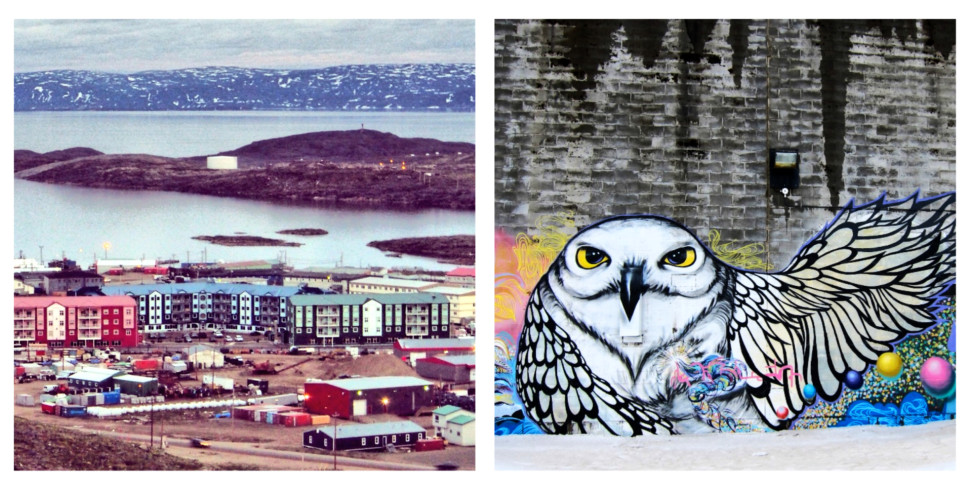
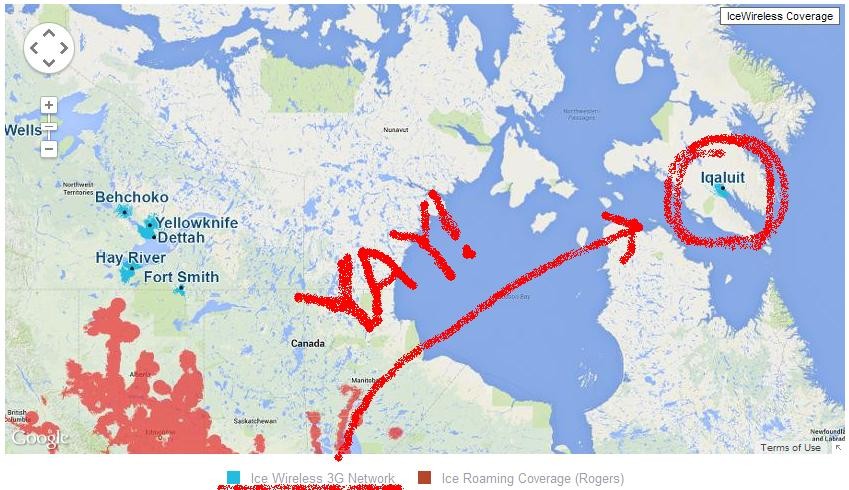
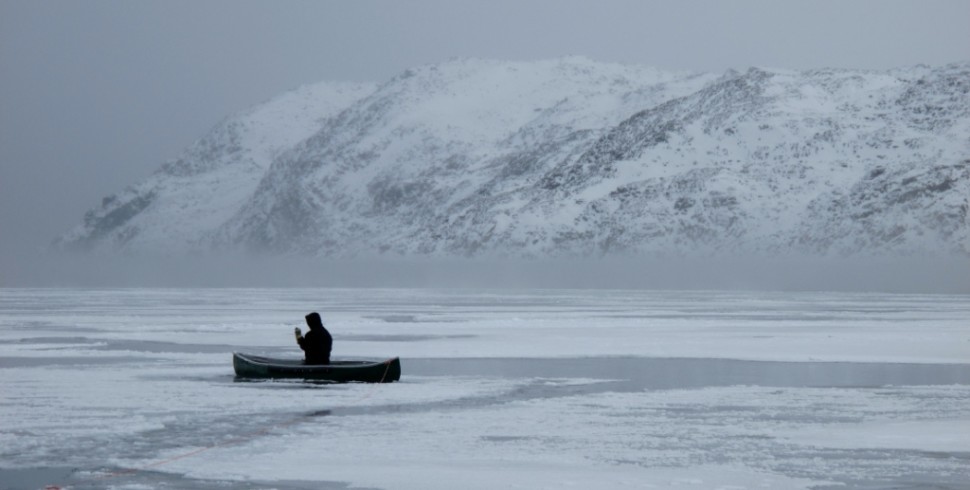



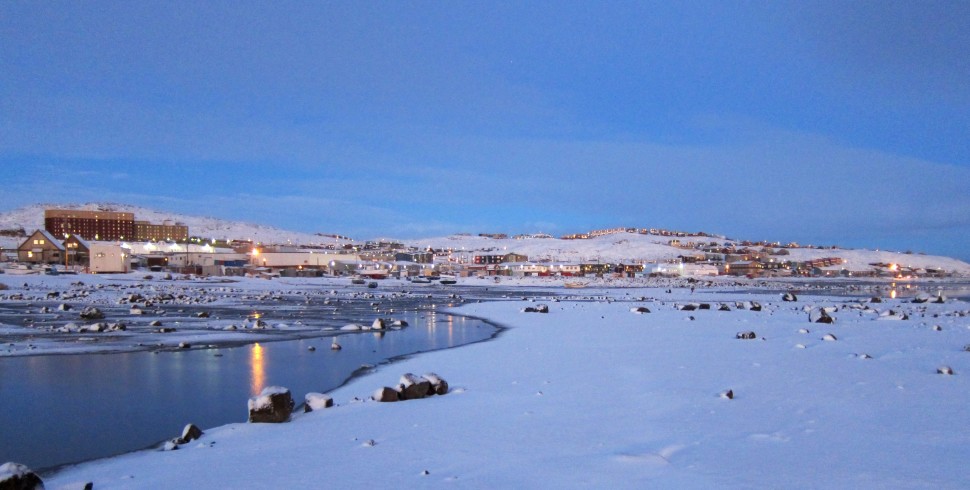
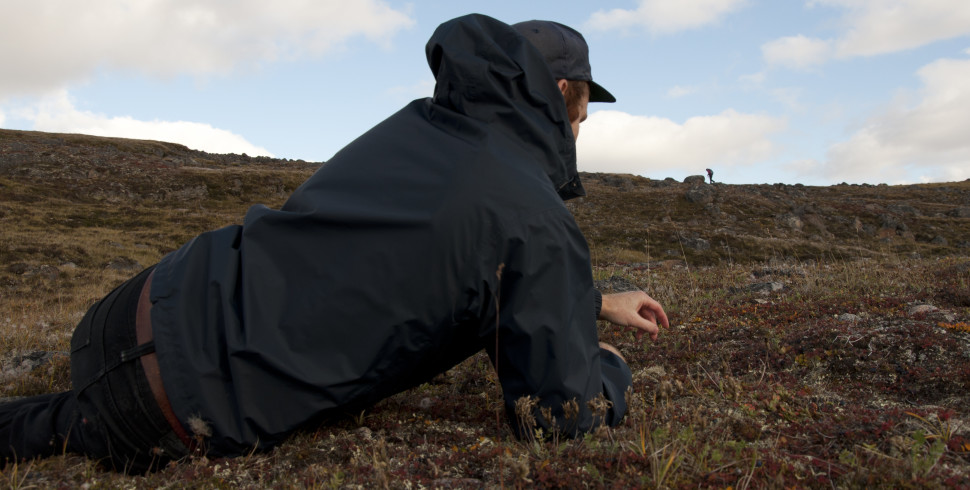
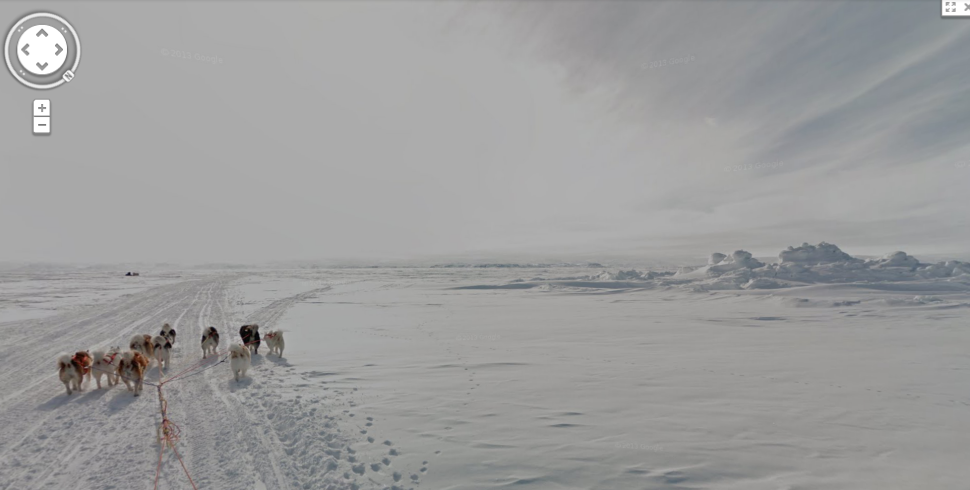

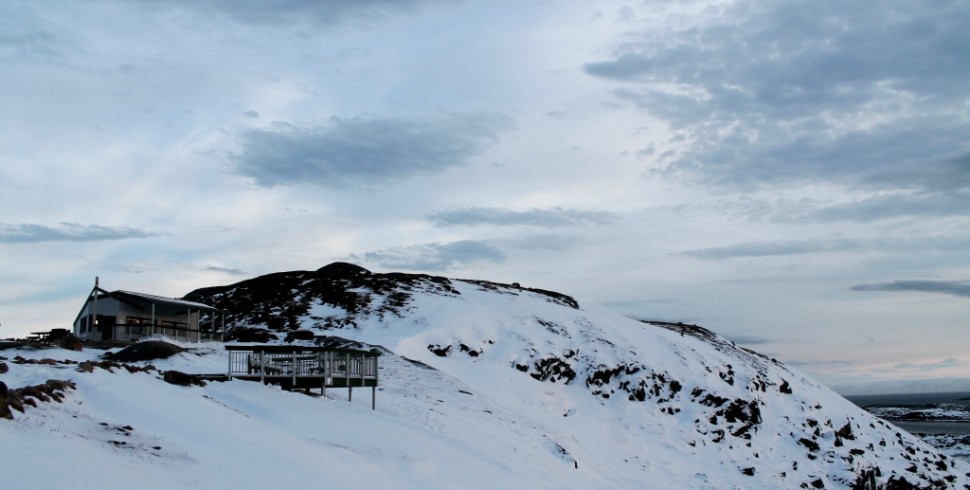





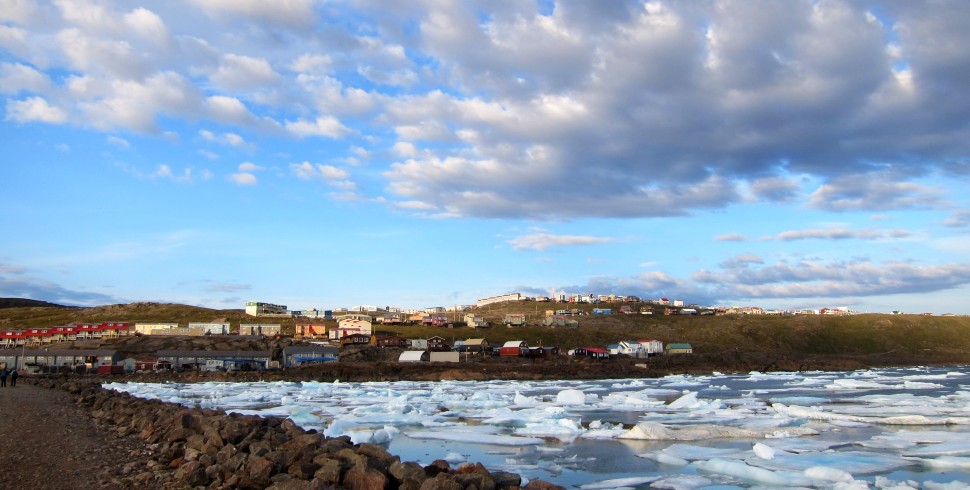
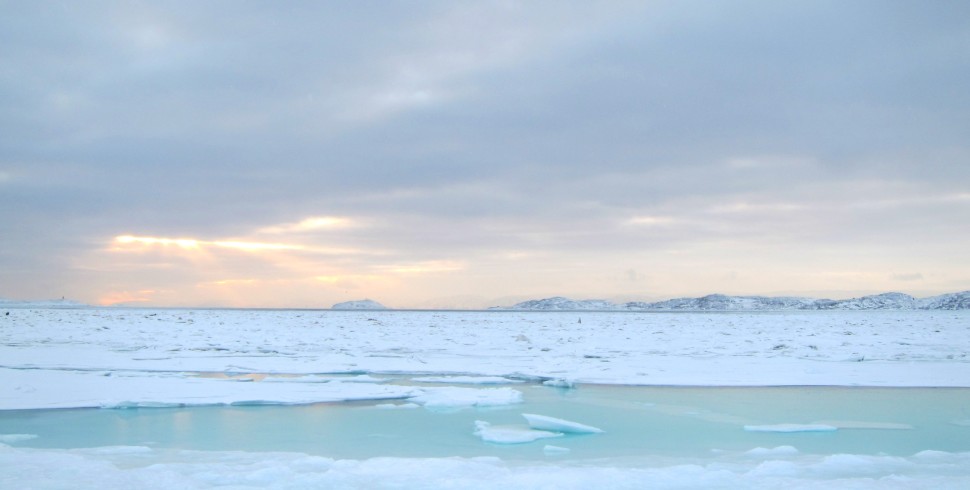
Why don’t politicians come to Arviat – second largest community in Arviat.. Iqaluit isn’t truly representative of the NU population…
oops sorry I meant to say 2nd largest community in Nunavut..
Good point, Debbie. I assume it is a cost analysis thing – it’s so expensive to get there, and the party won’t get enough seats/votes from the visit. That being said, if someone is really concerned about the state of Nunavut, they need to get out of Iqaluit and visit the hamlets. I totally agree on that point and hope future leaders take that into account when planning their northern tours.
Jack Layton visited other communities and during his visit Tom did say he wanted to visit a different community (s).
Pingback: Orange is the New Jack: Our Interview with the Nunavut NDP Candidate
Pingback: How to Participate in the 2015 Nunavut Federal Election